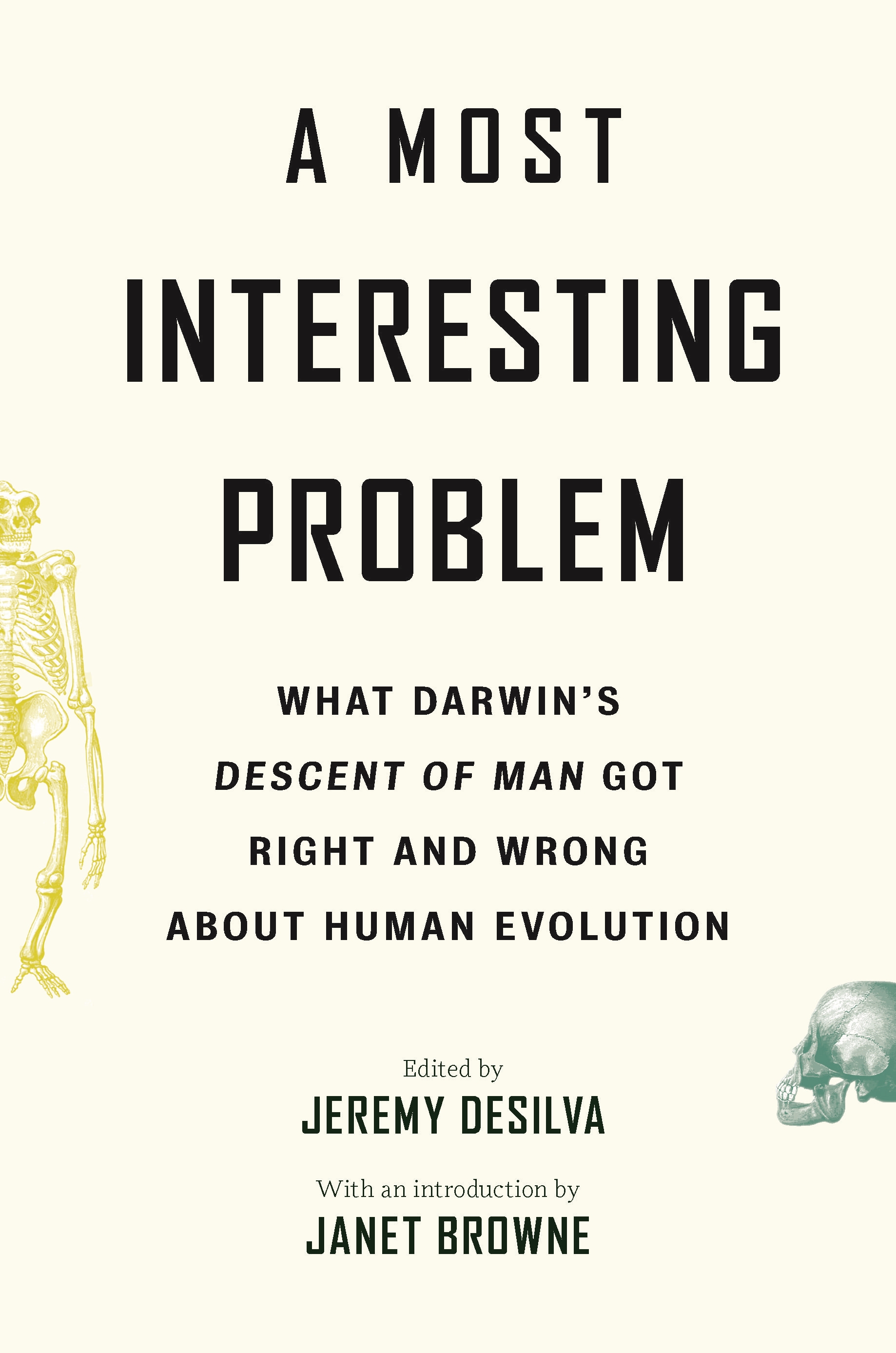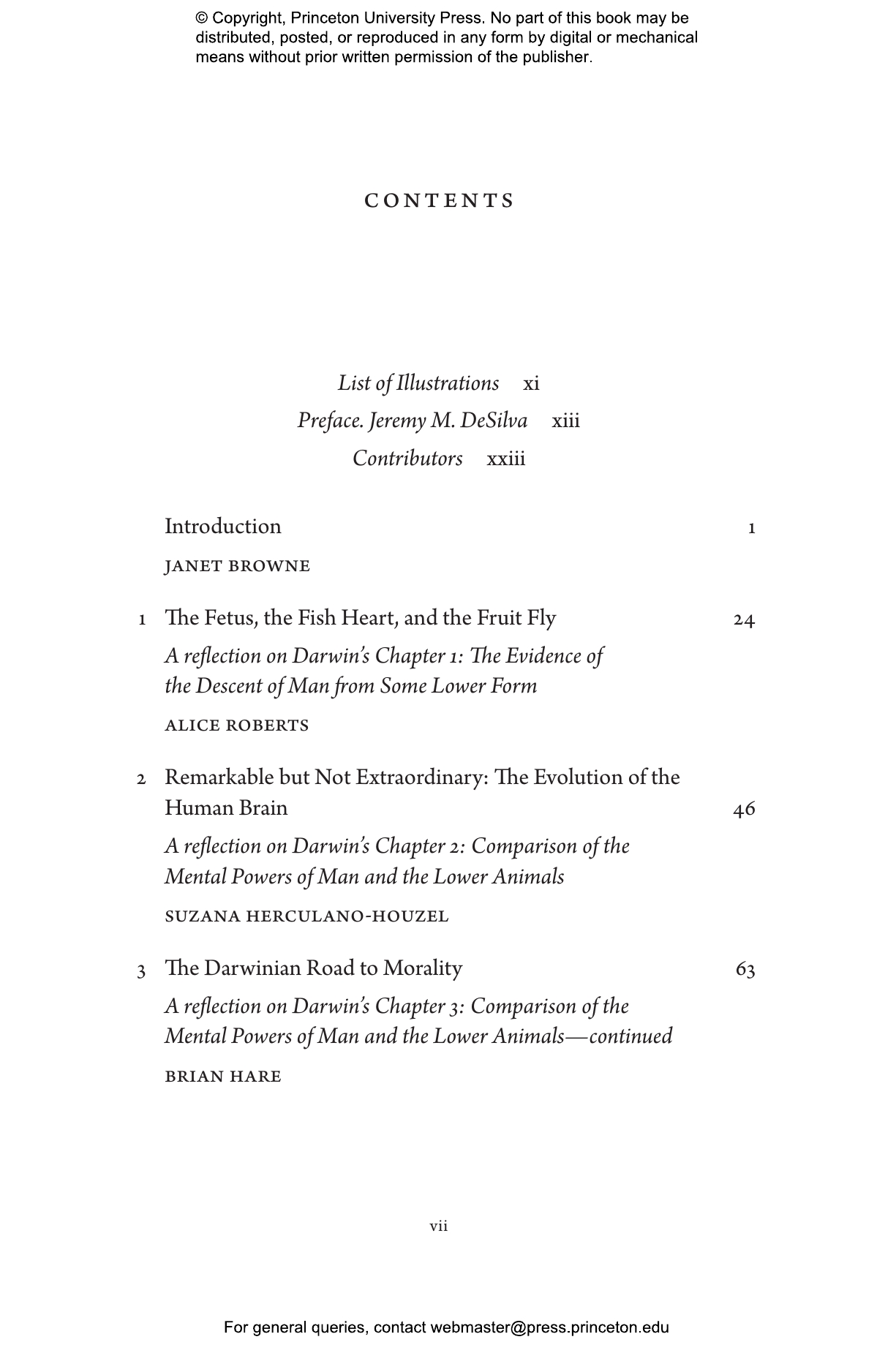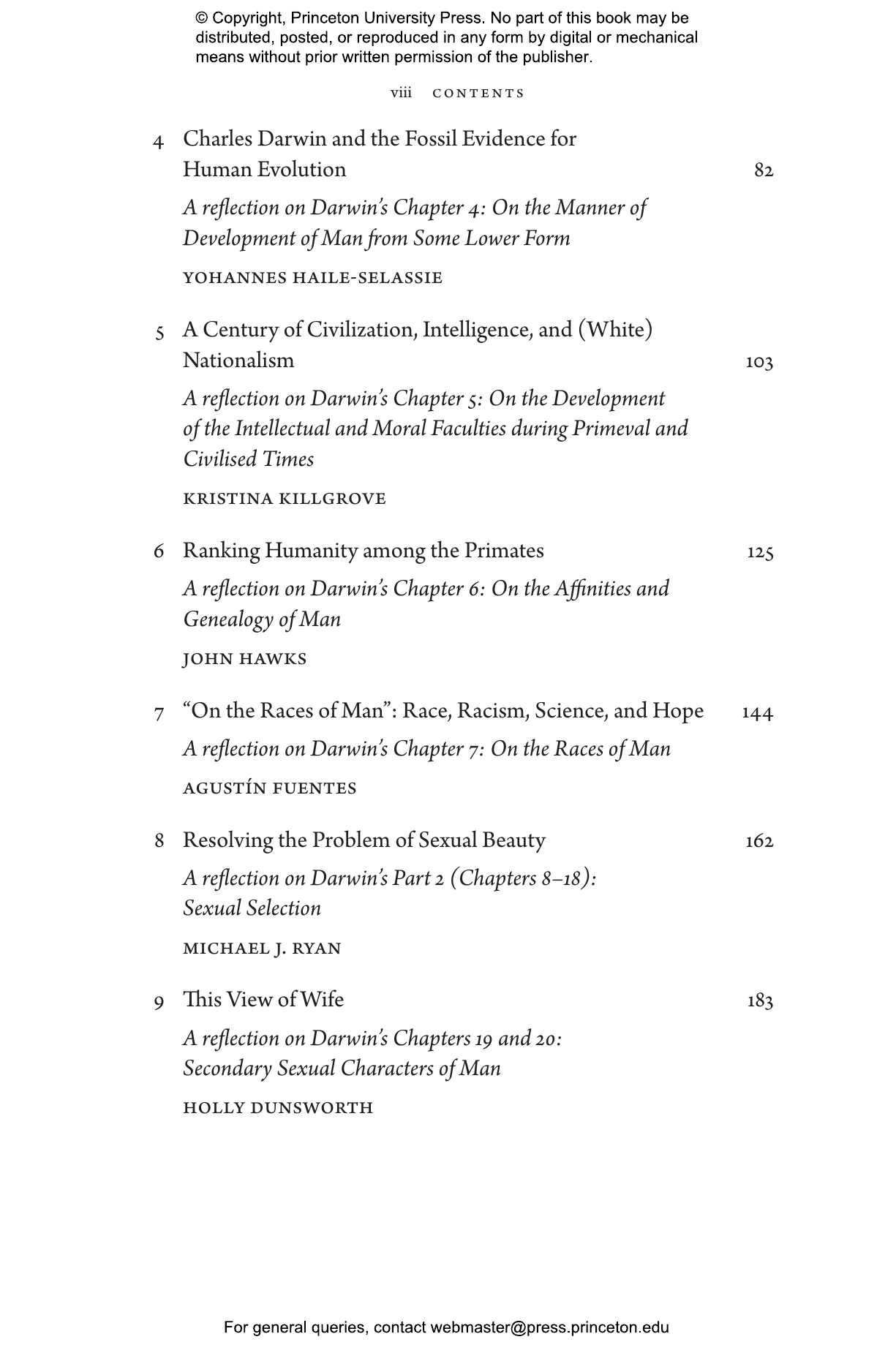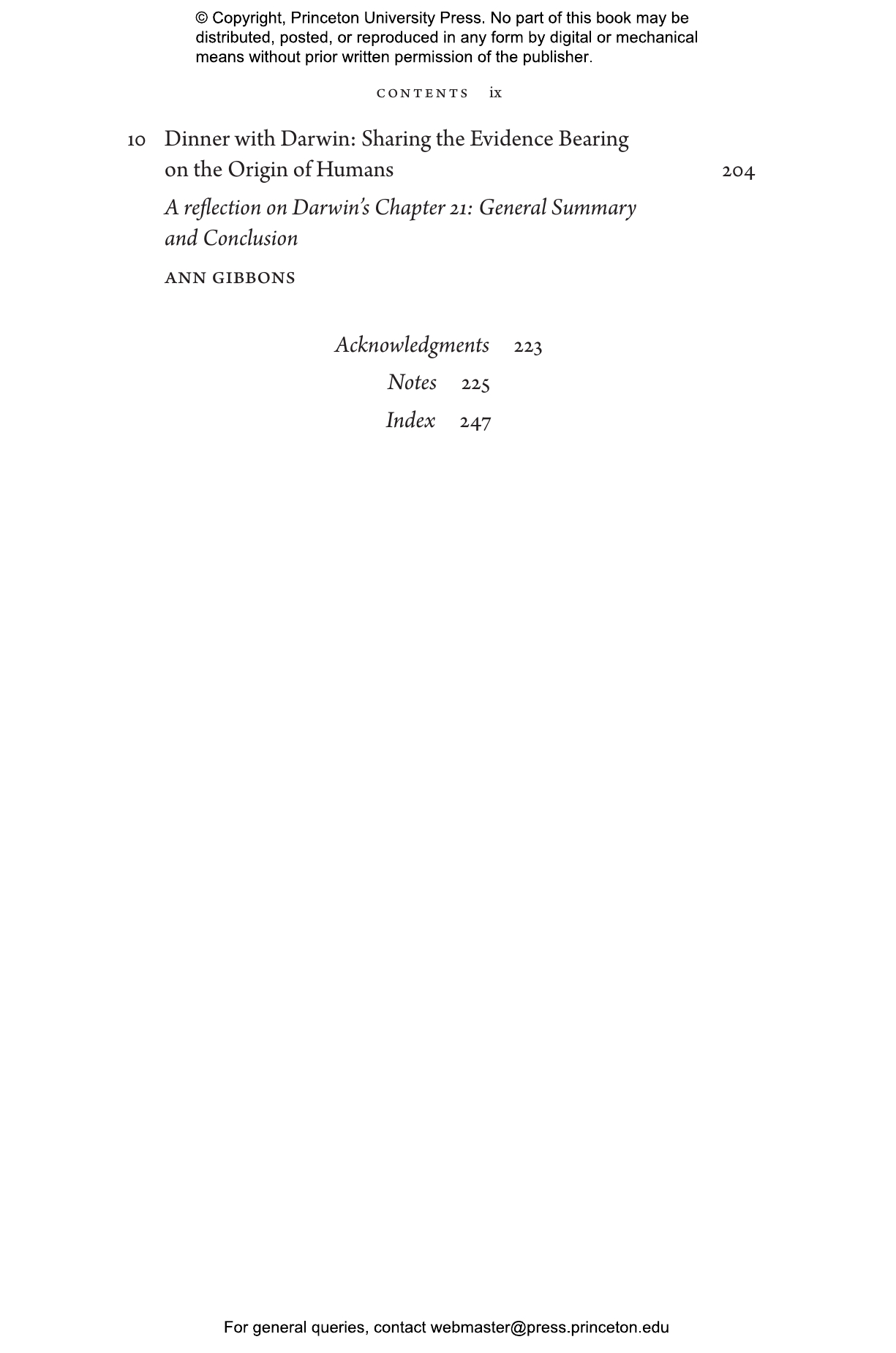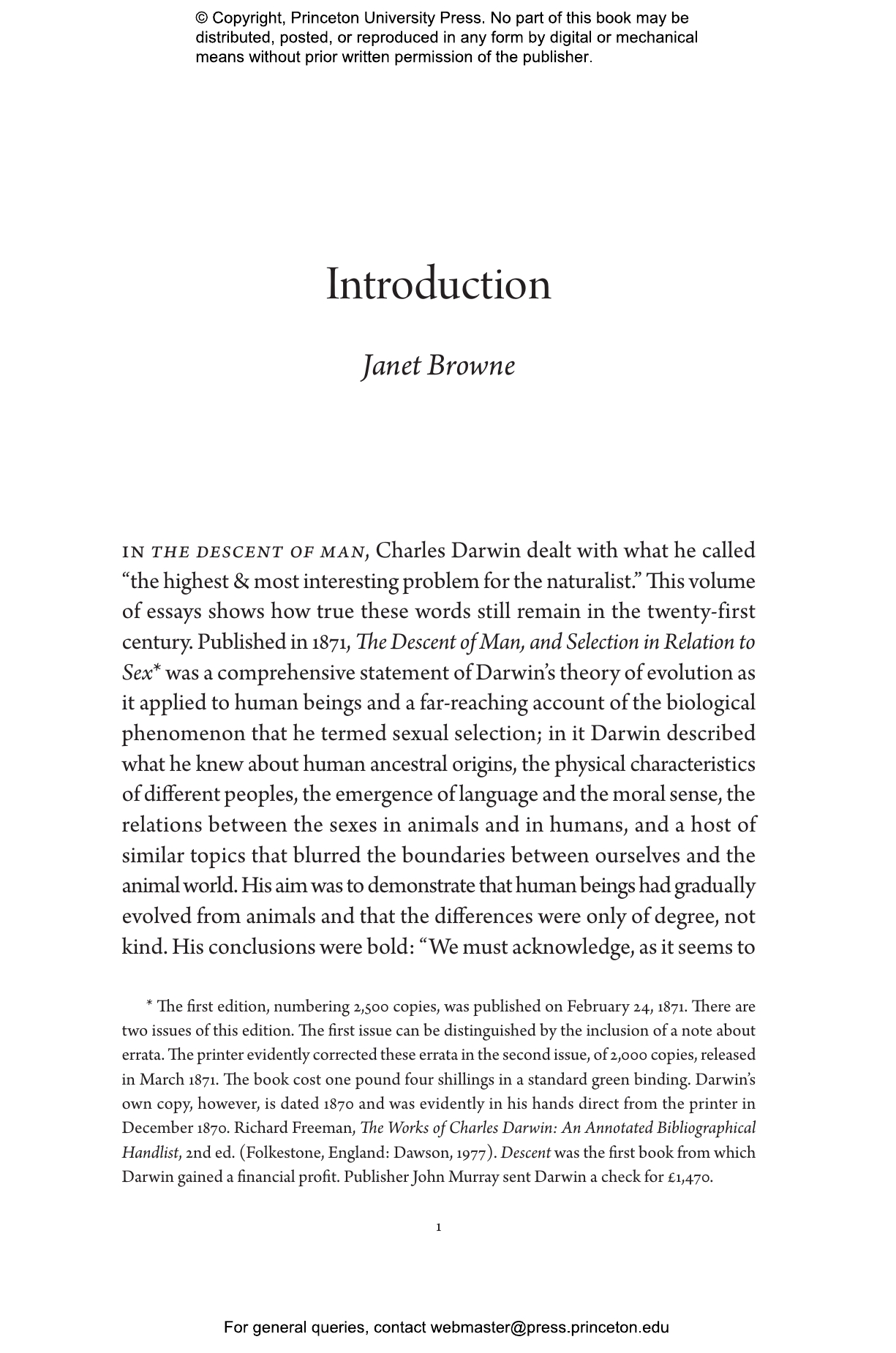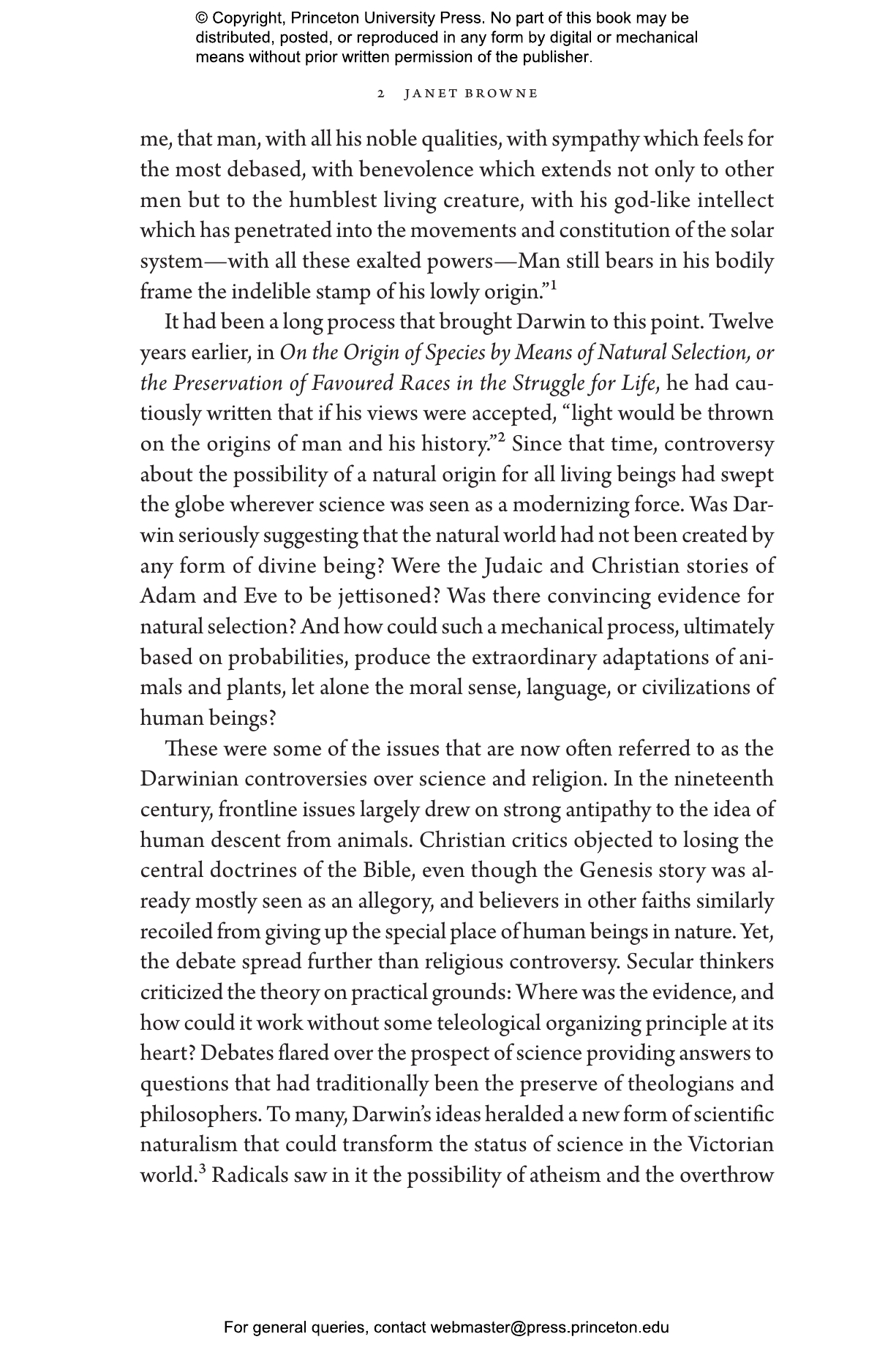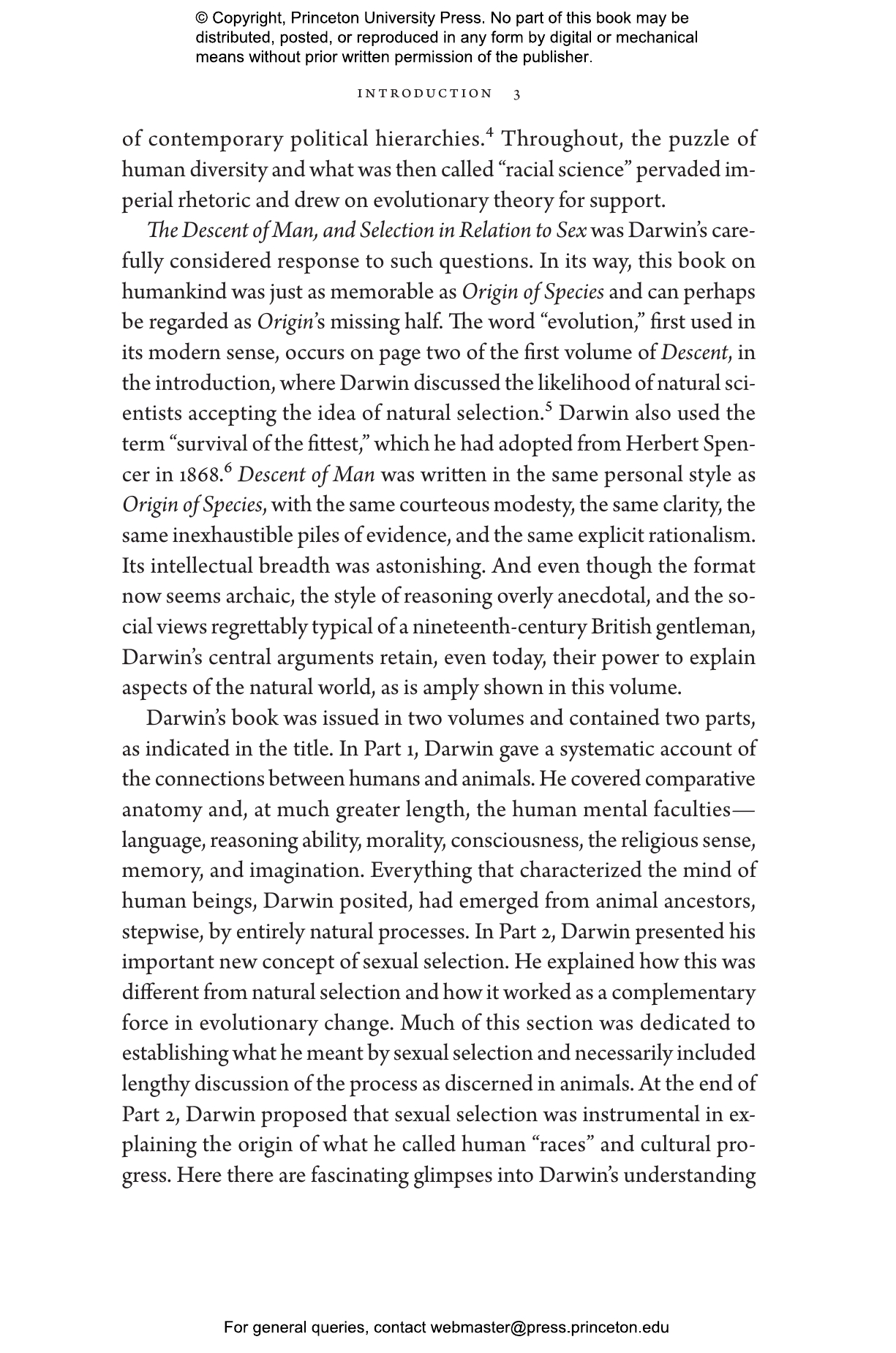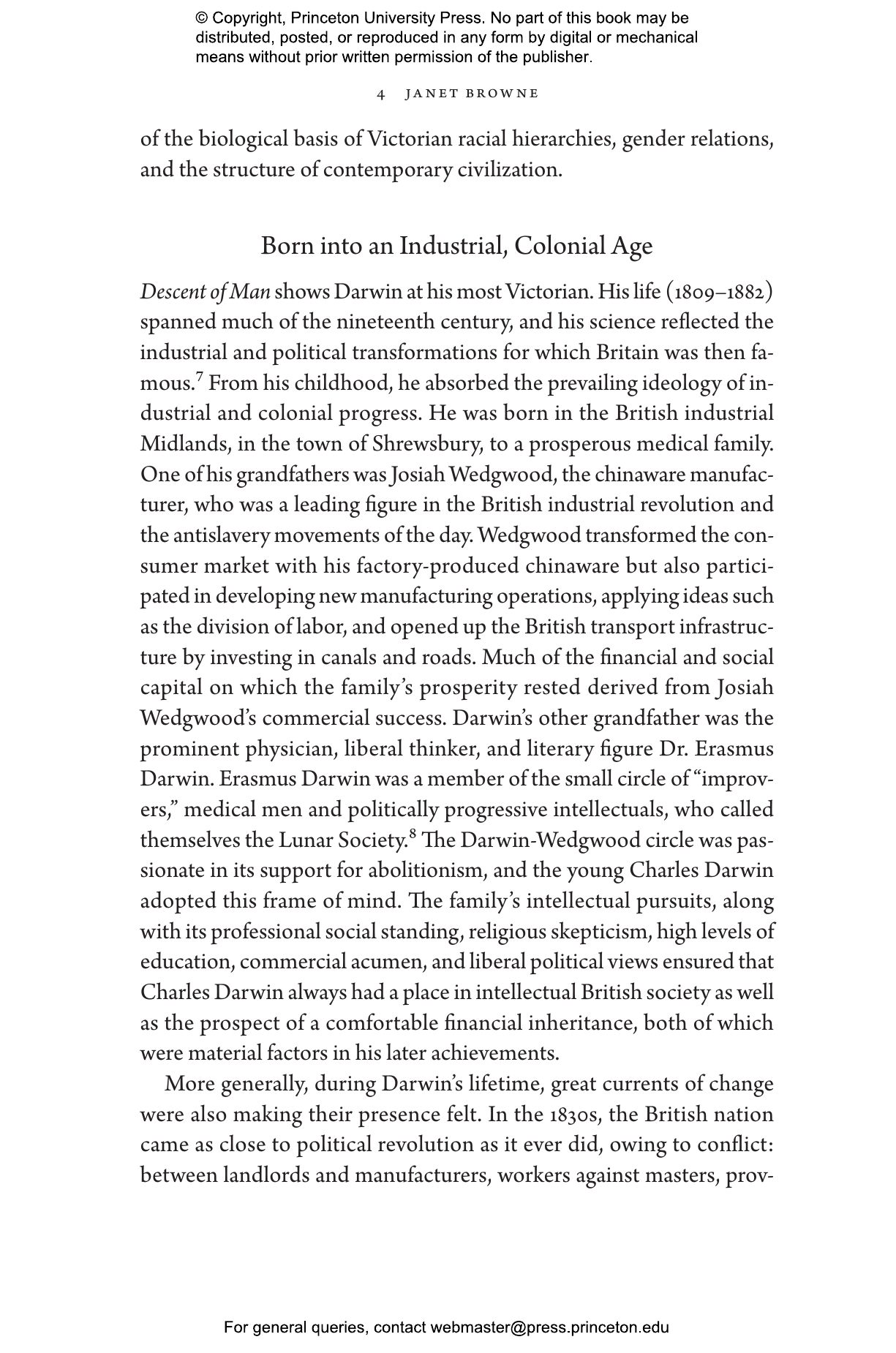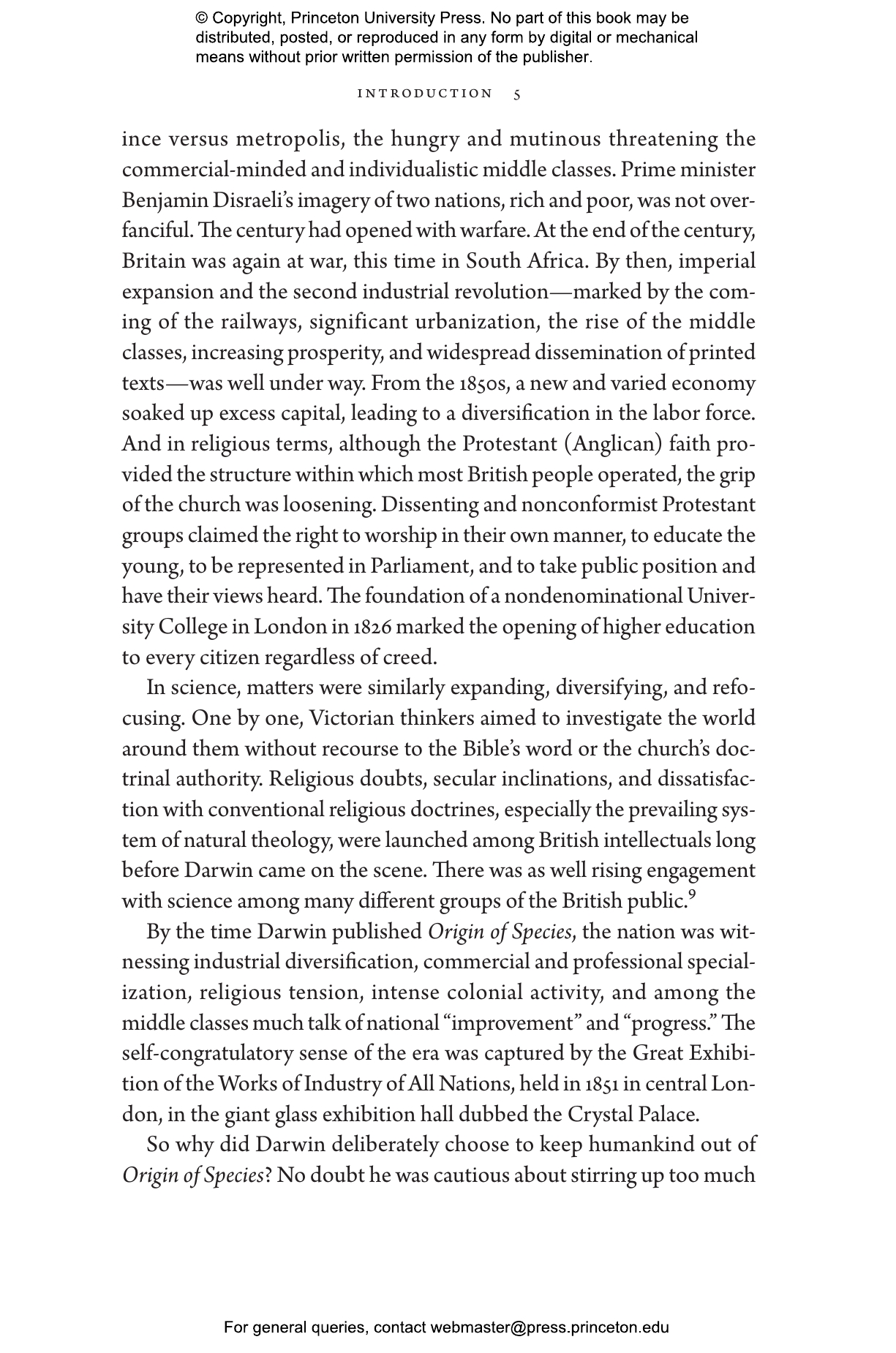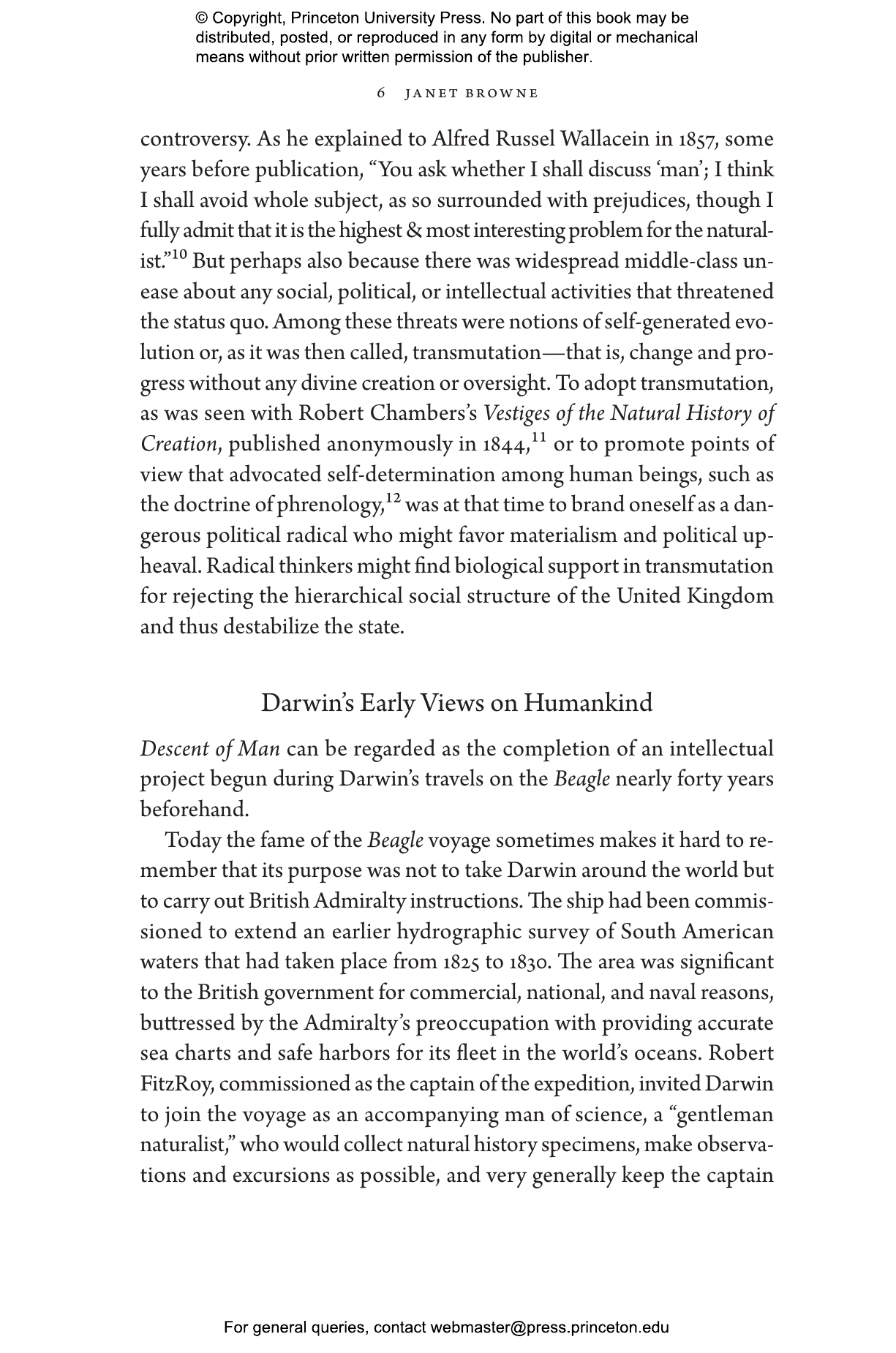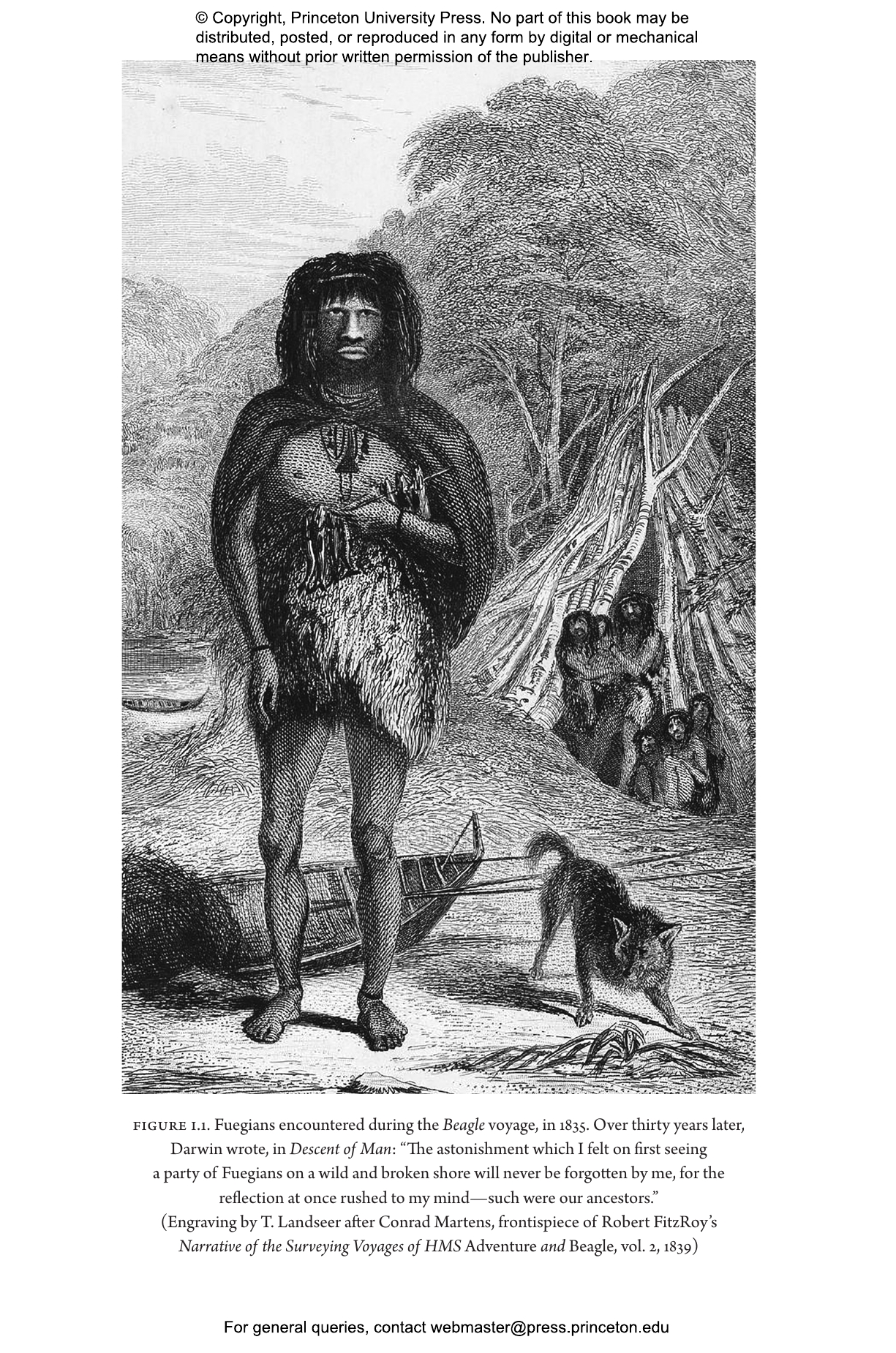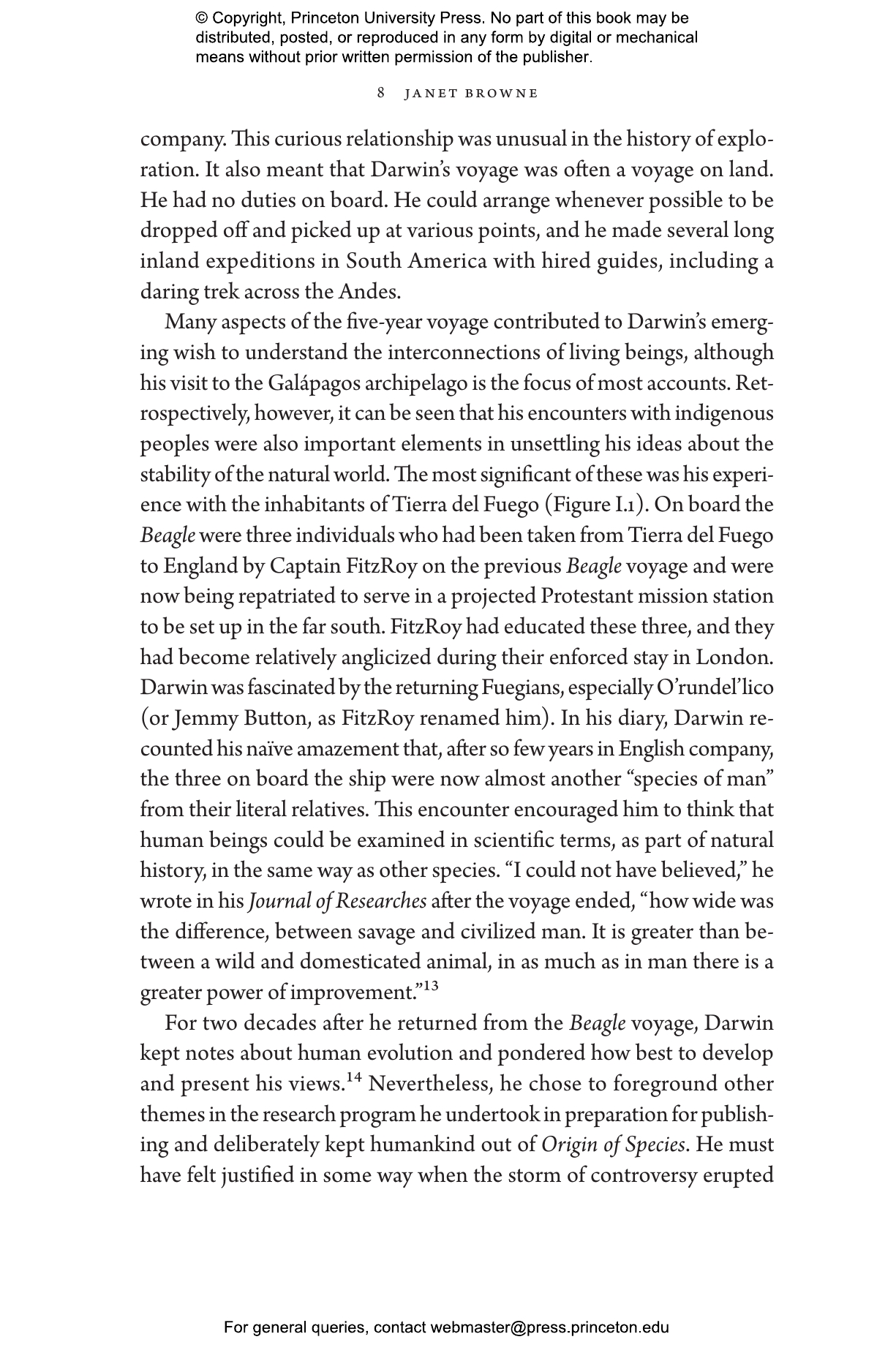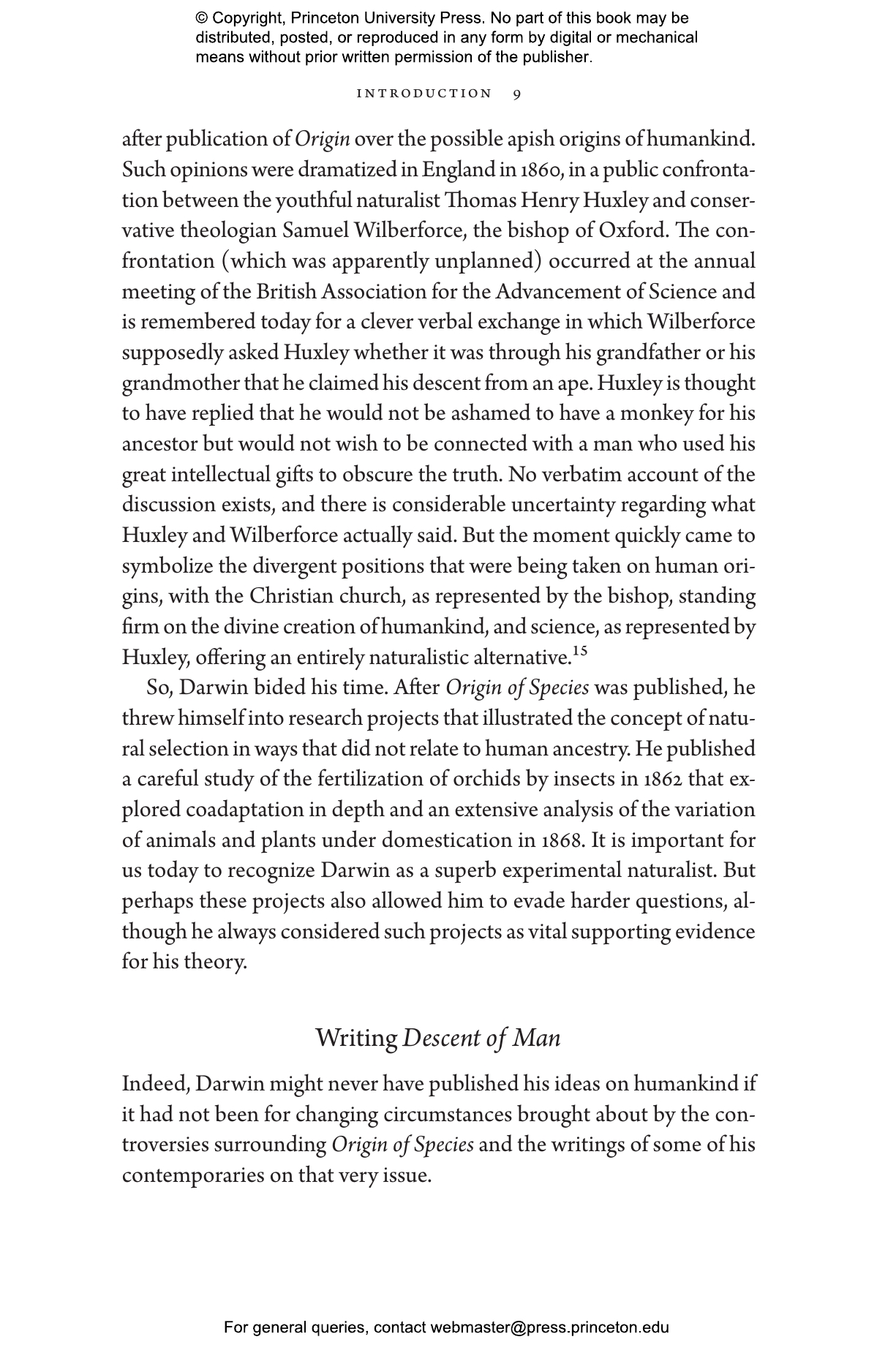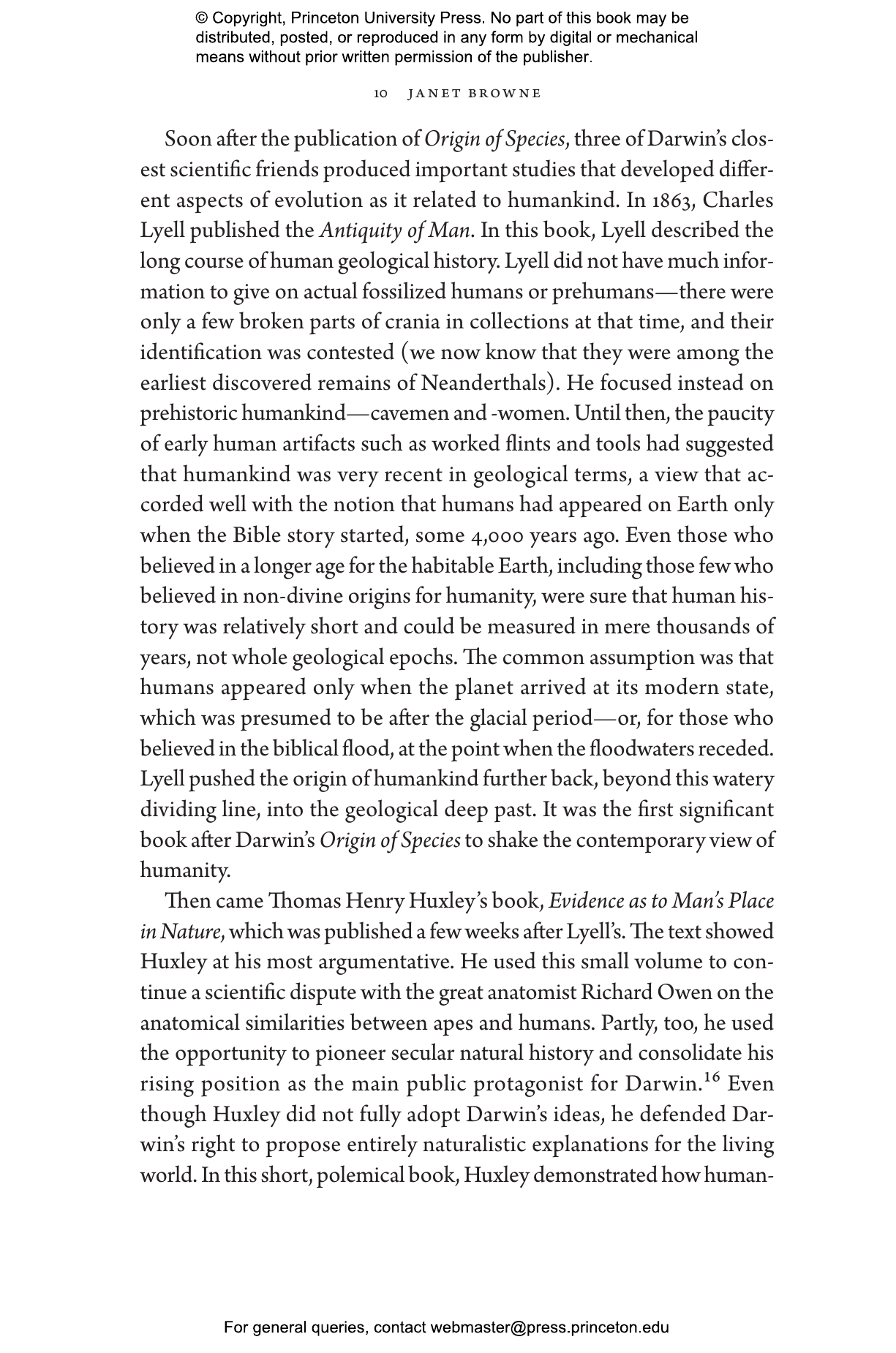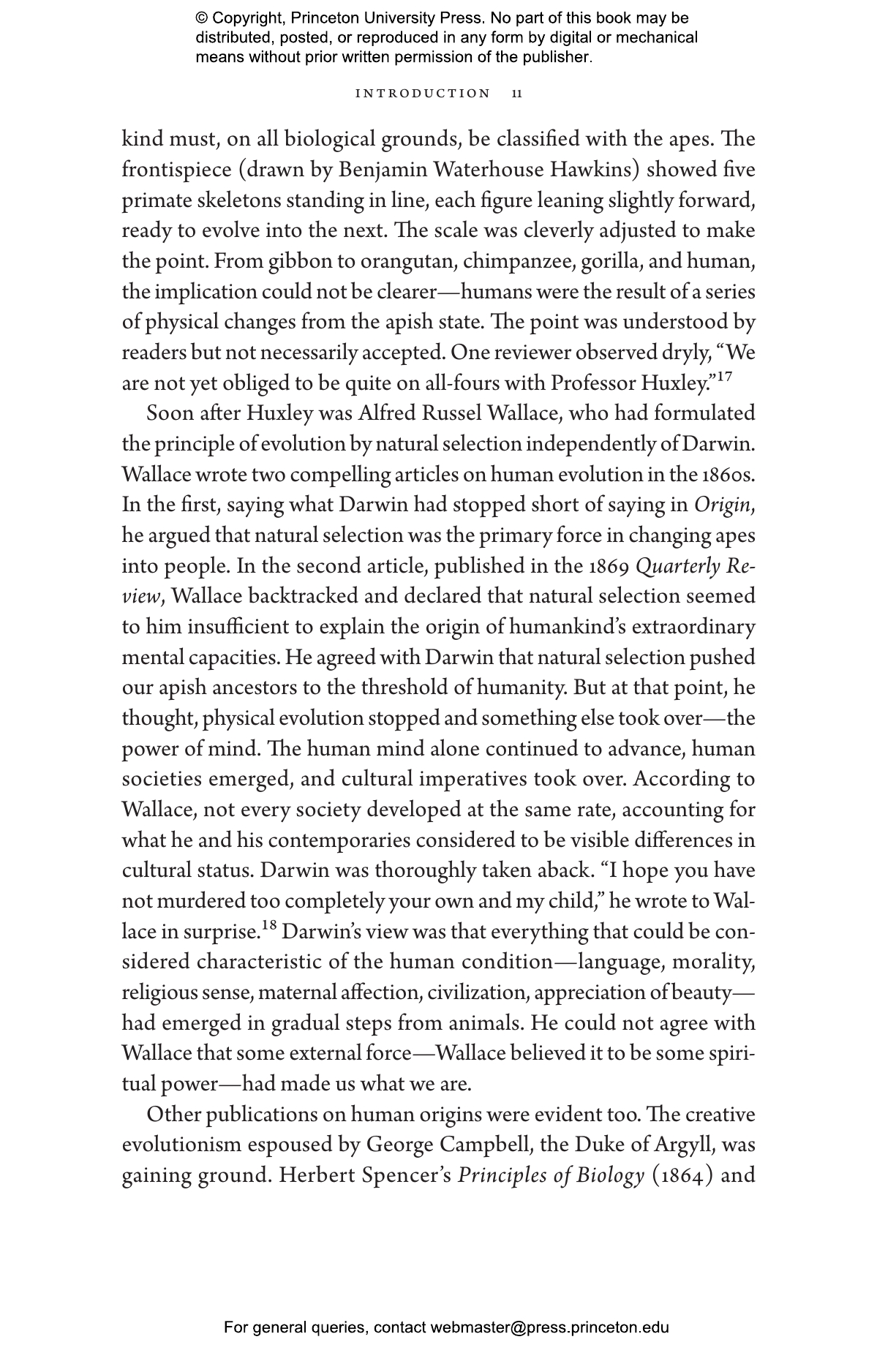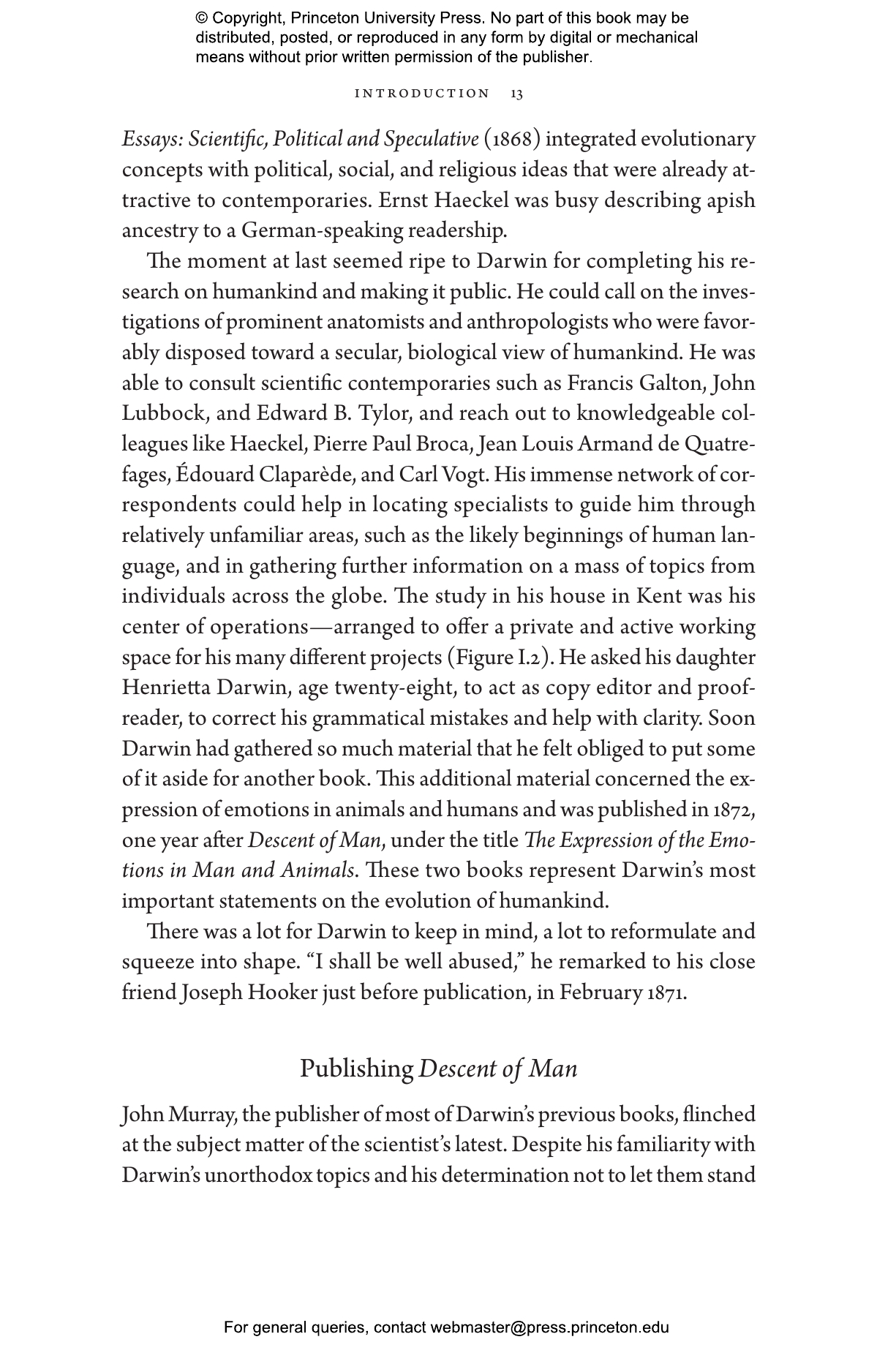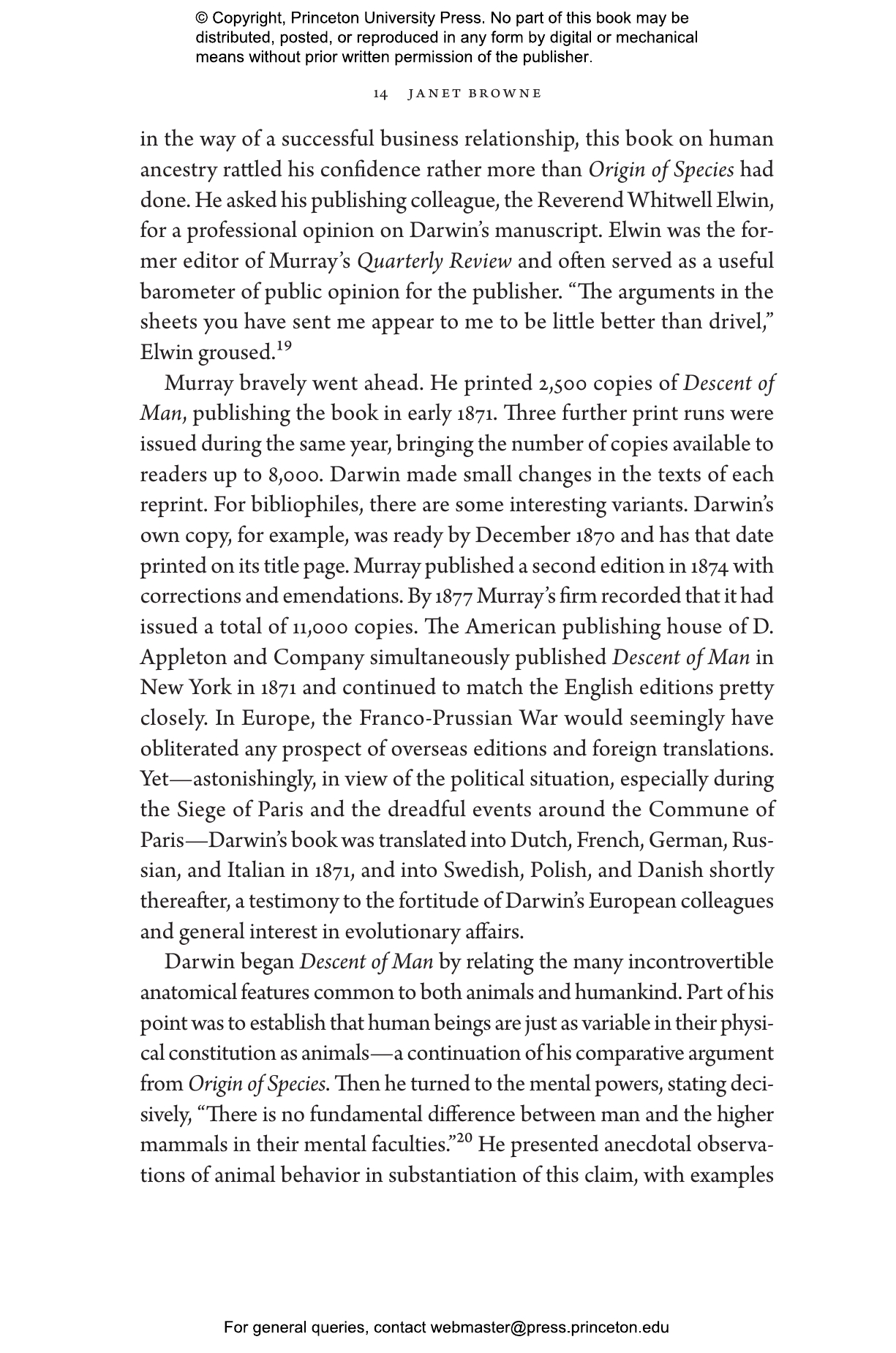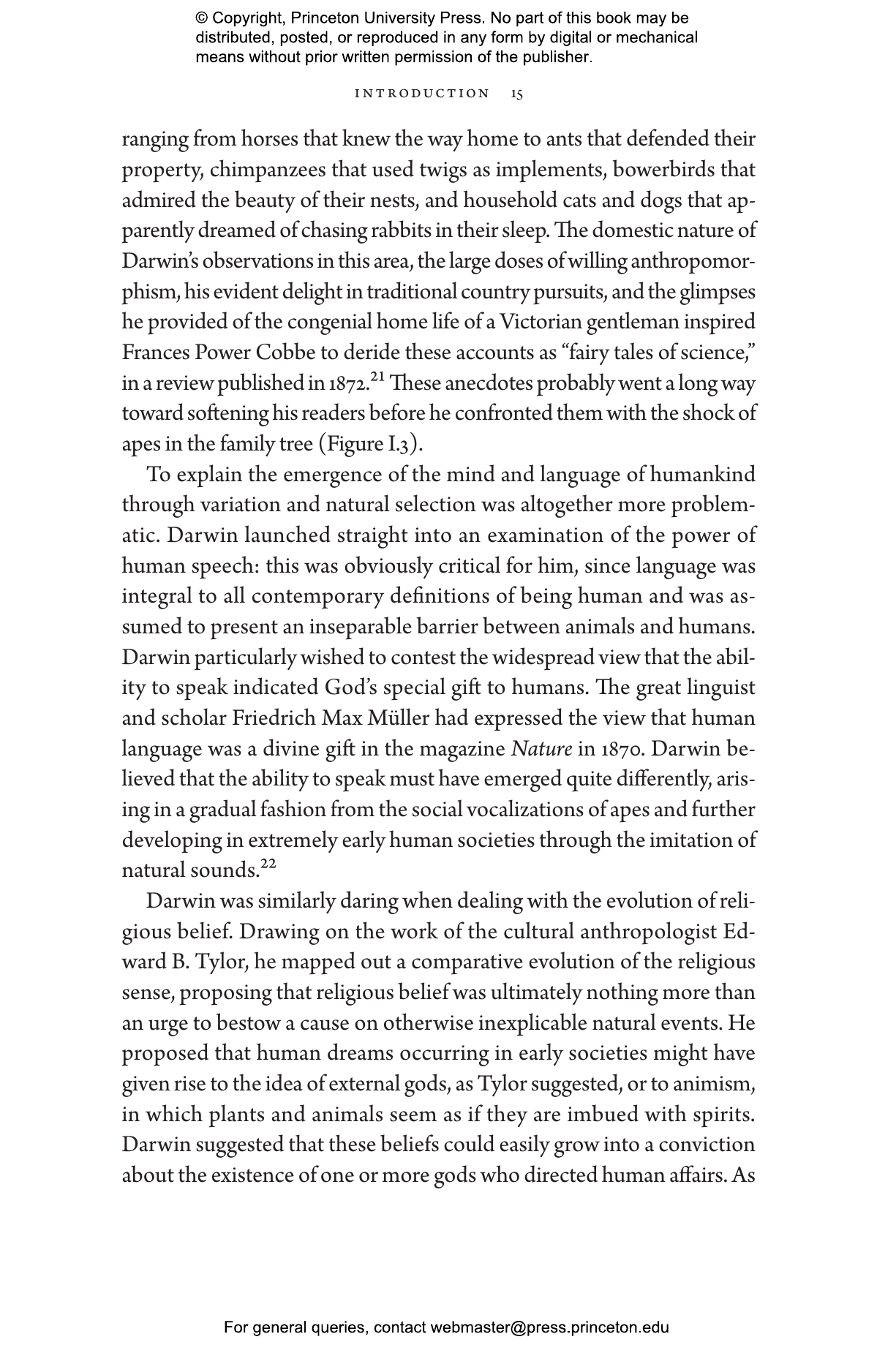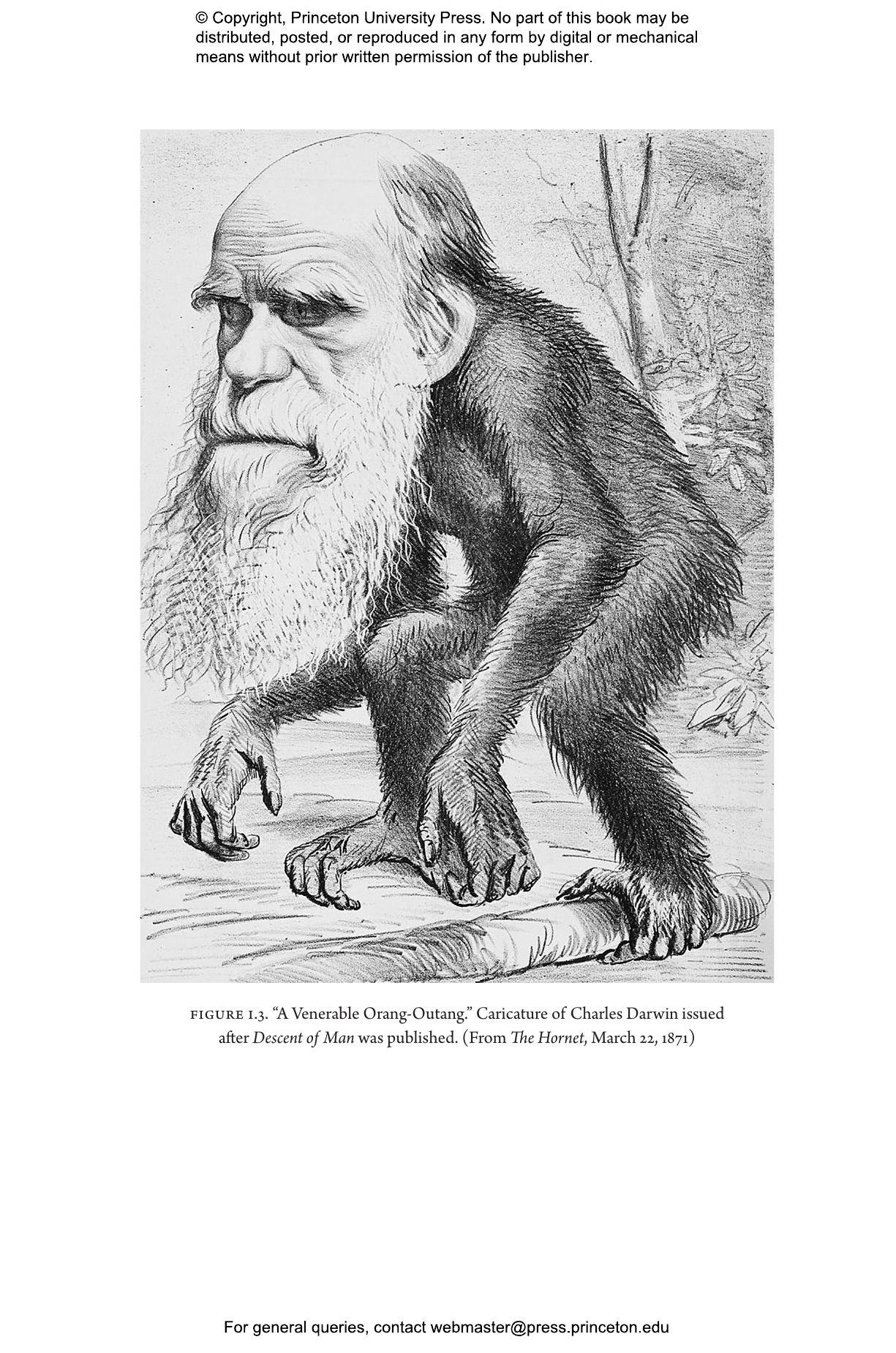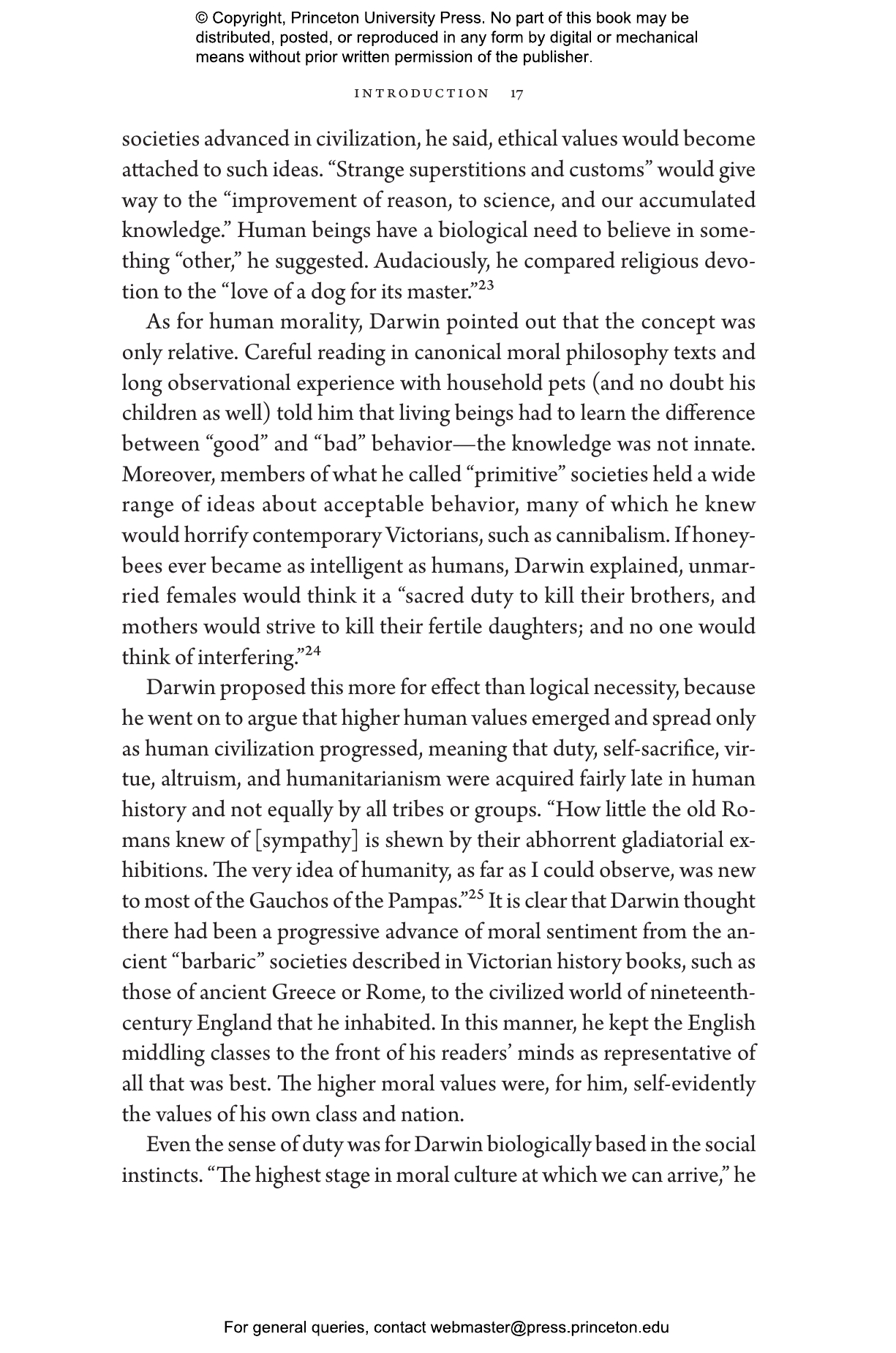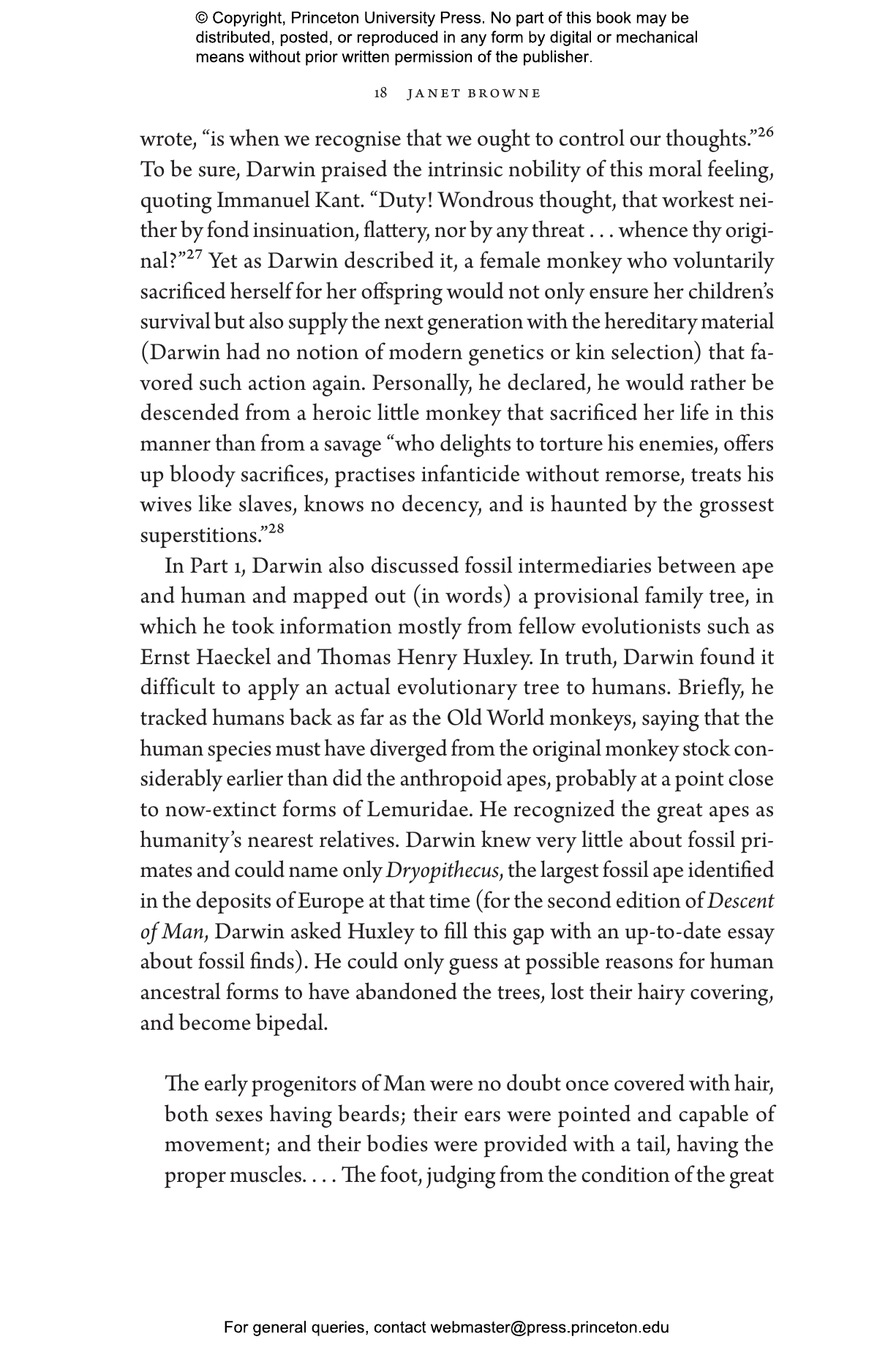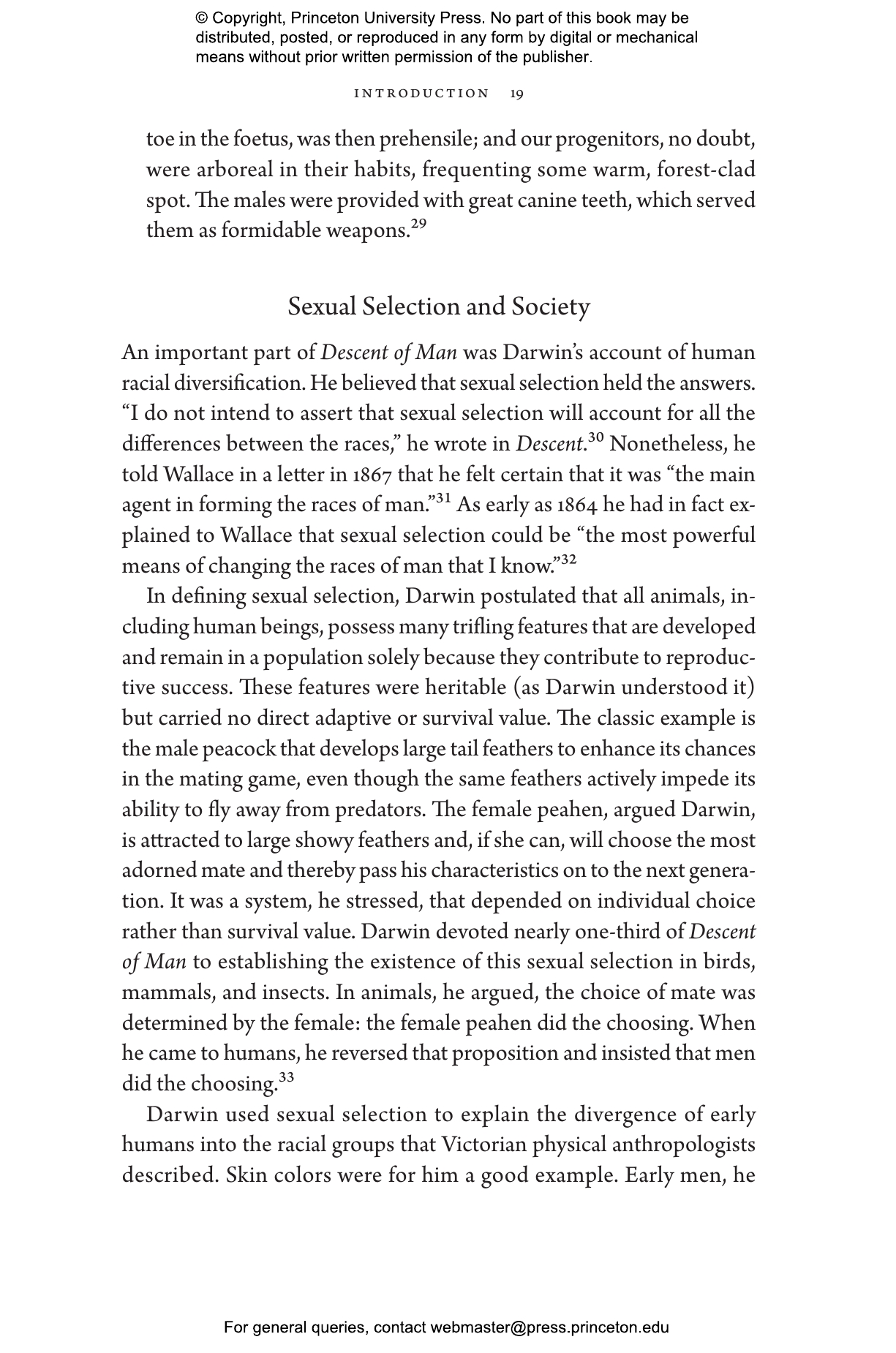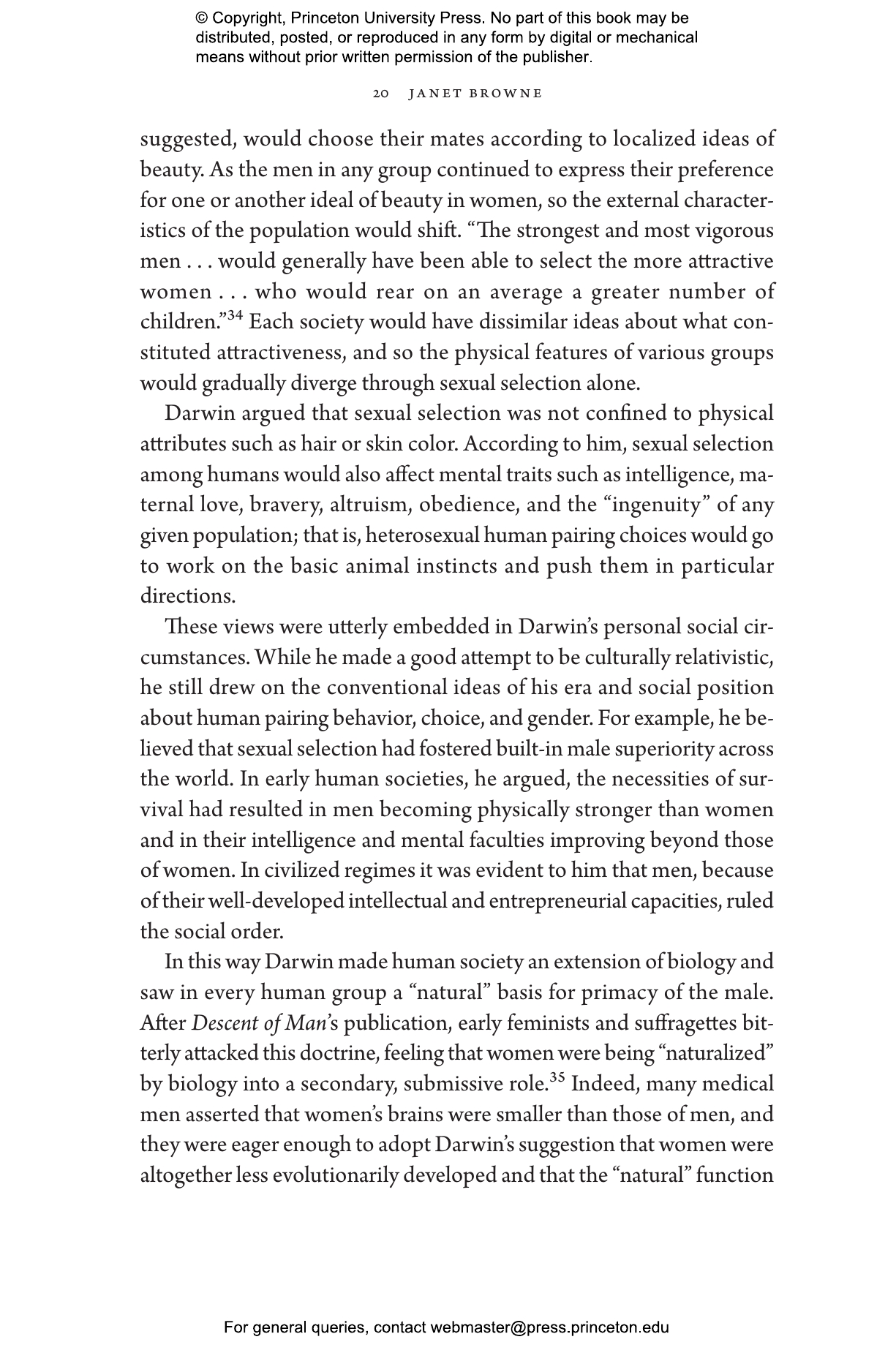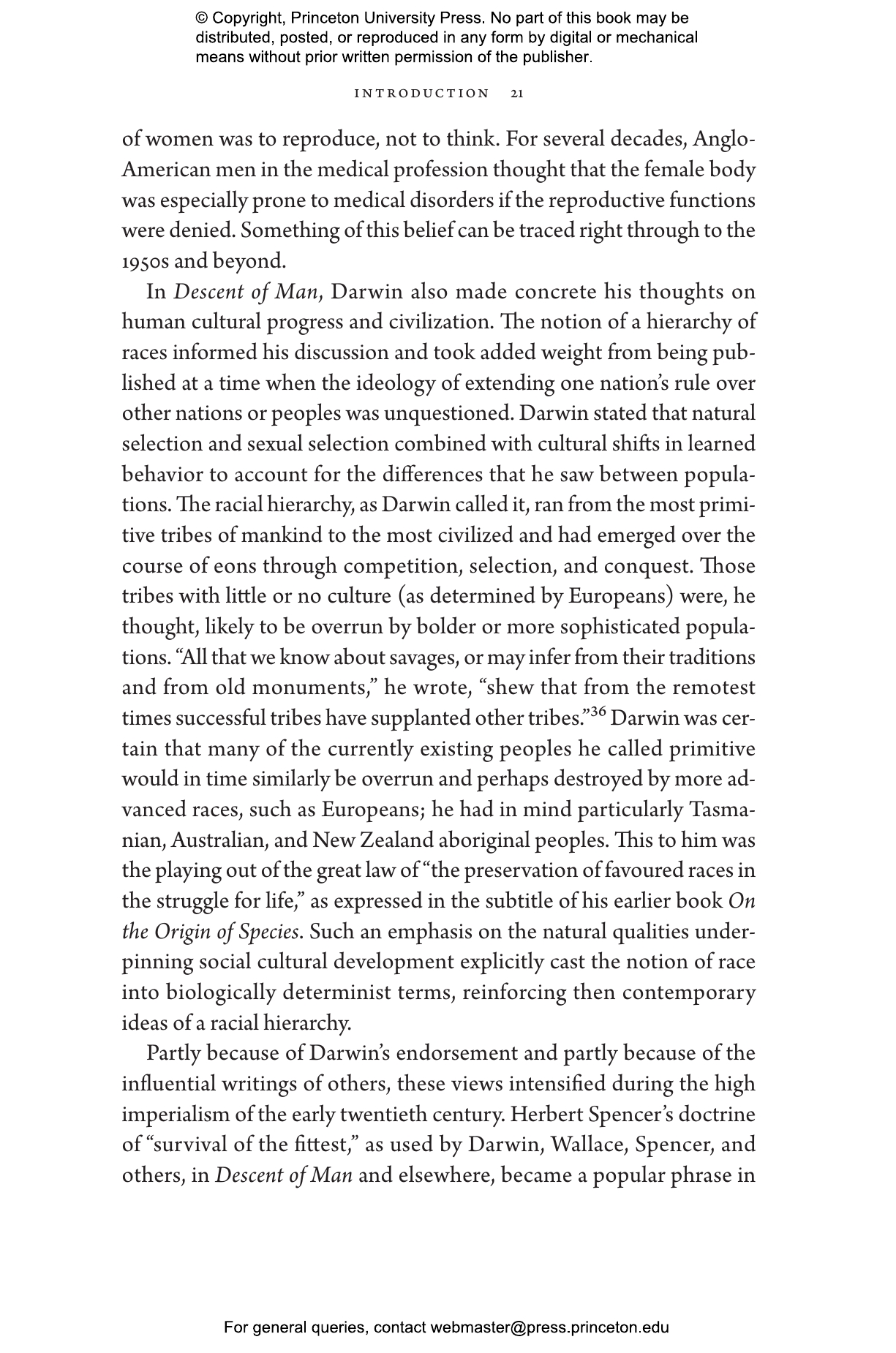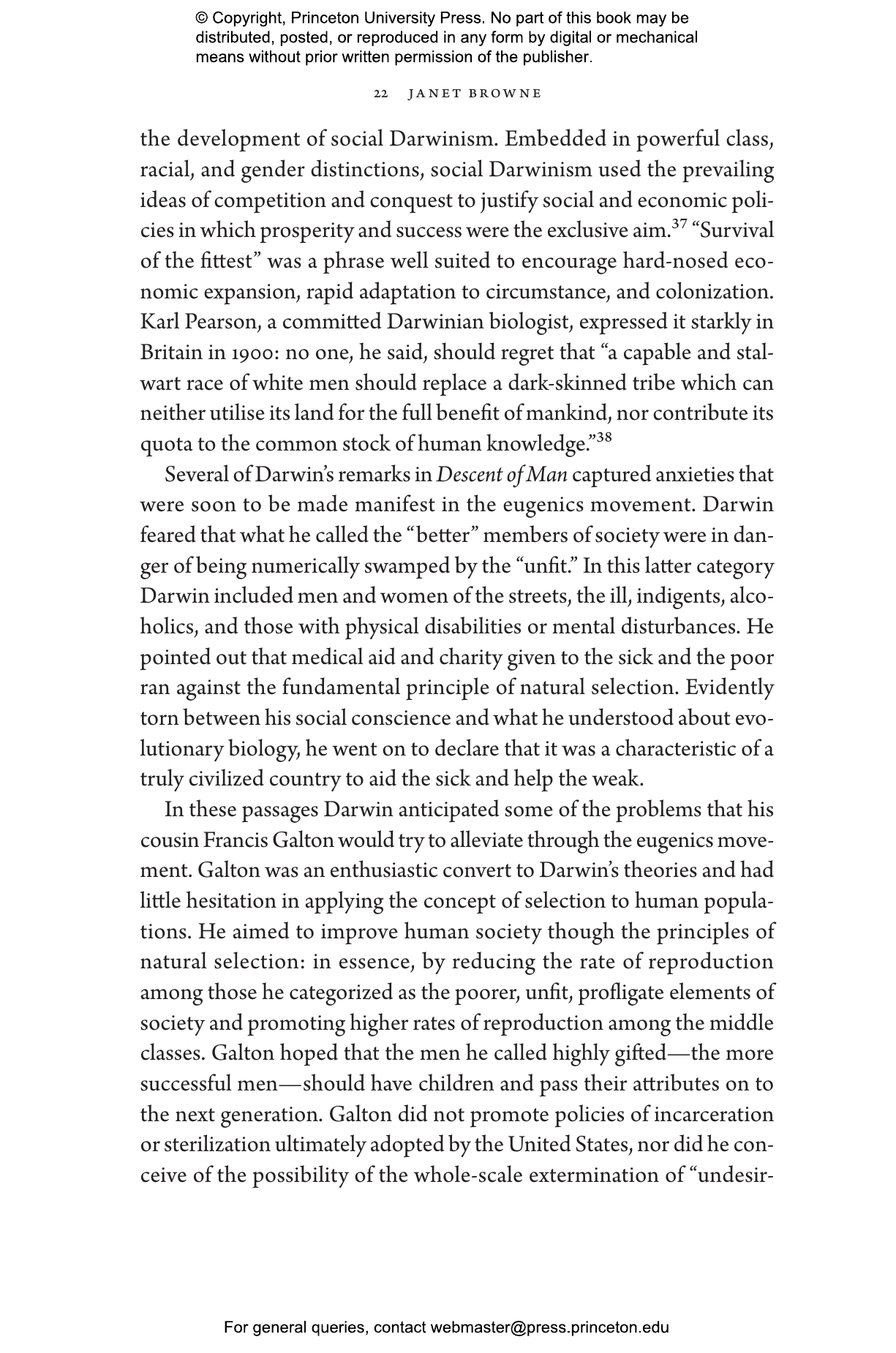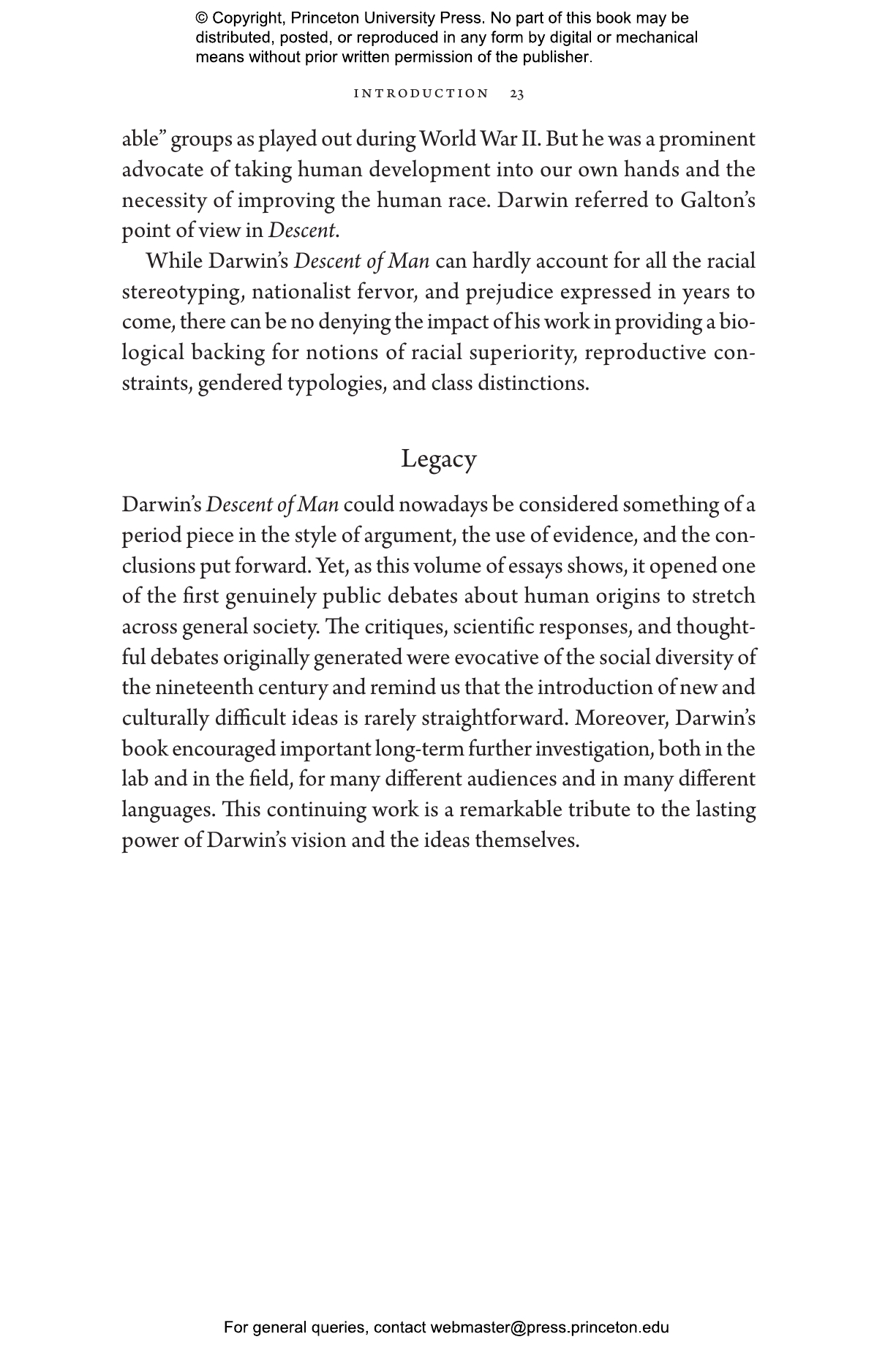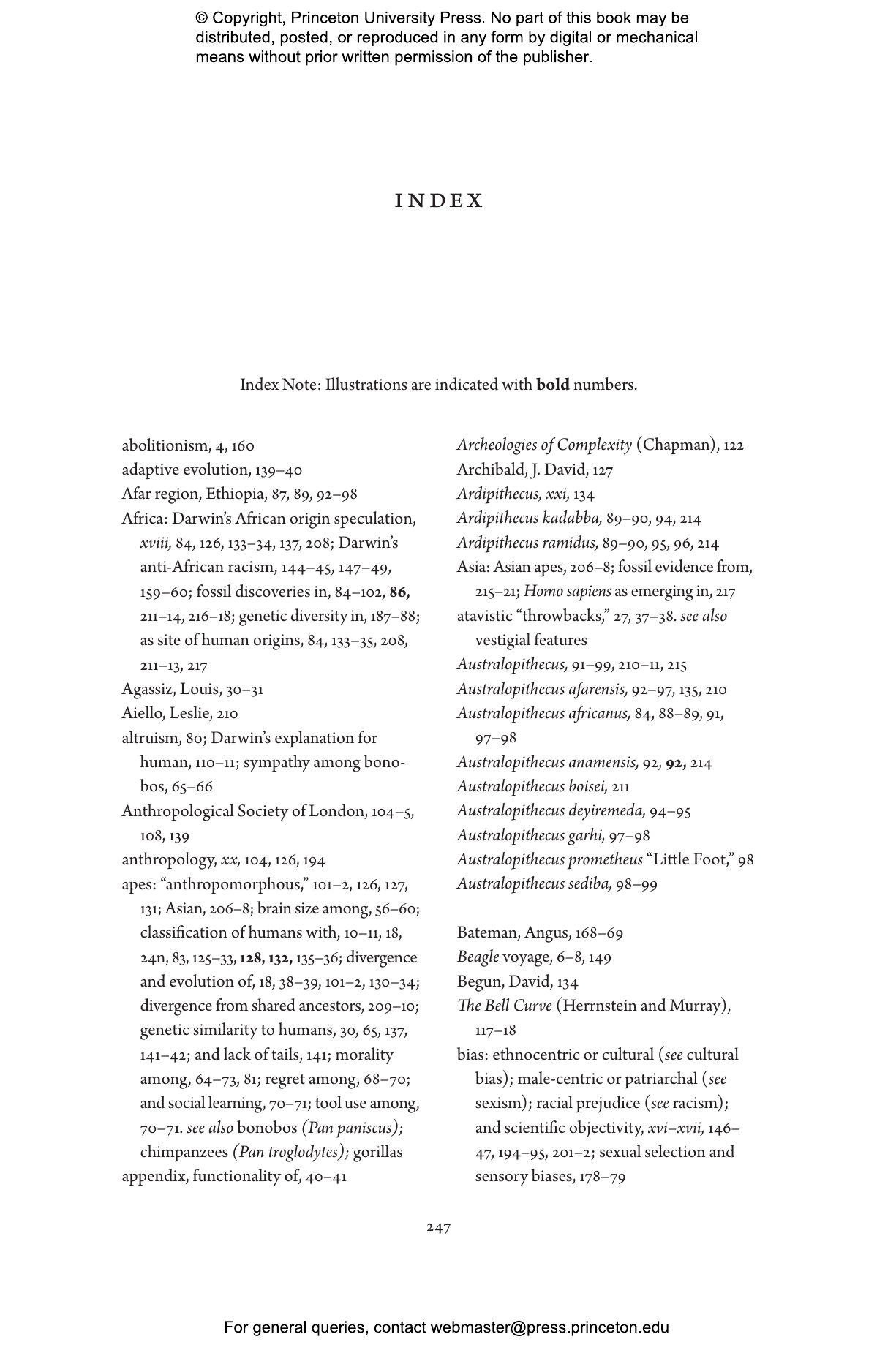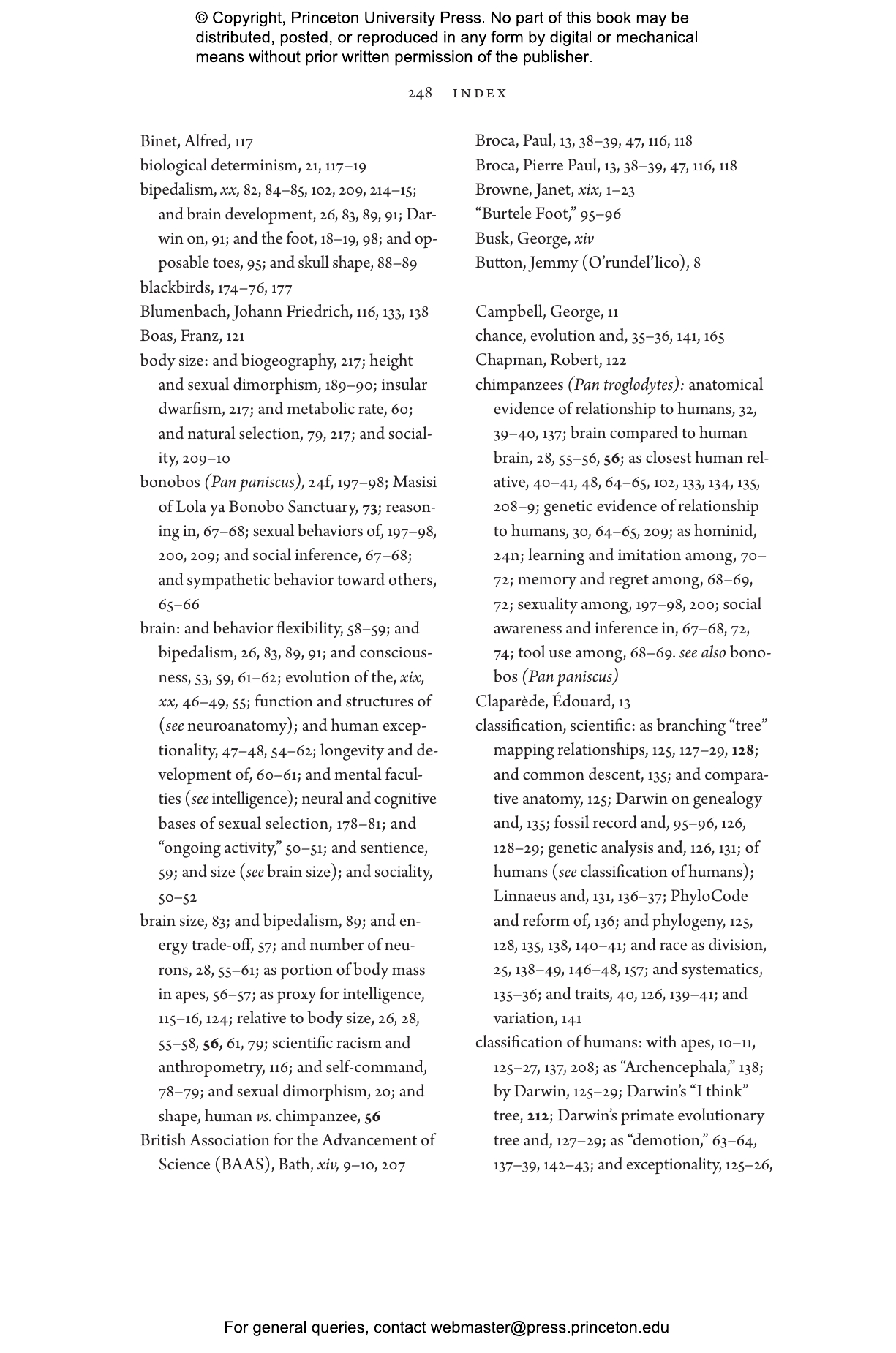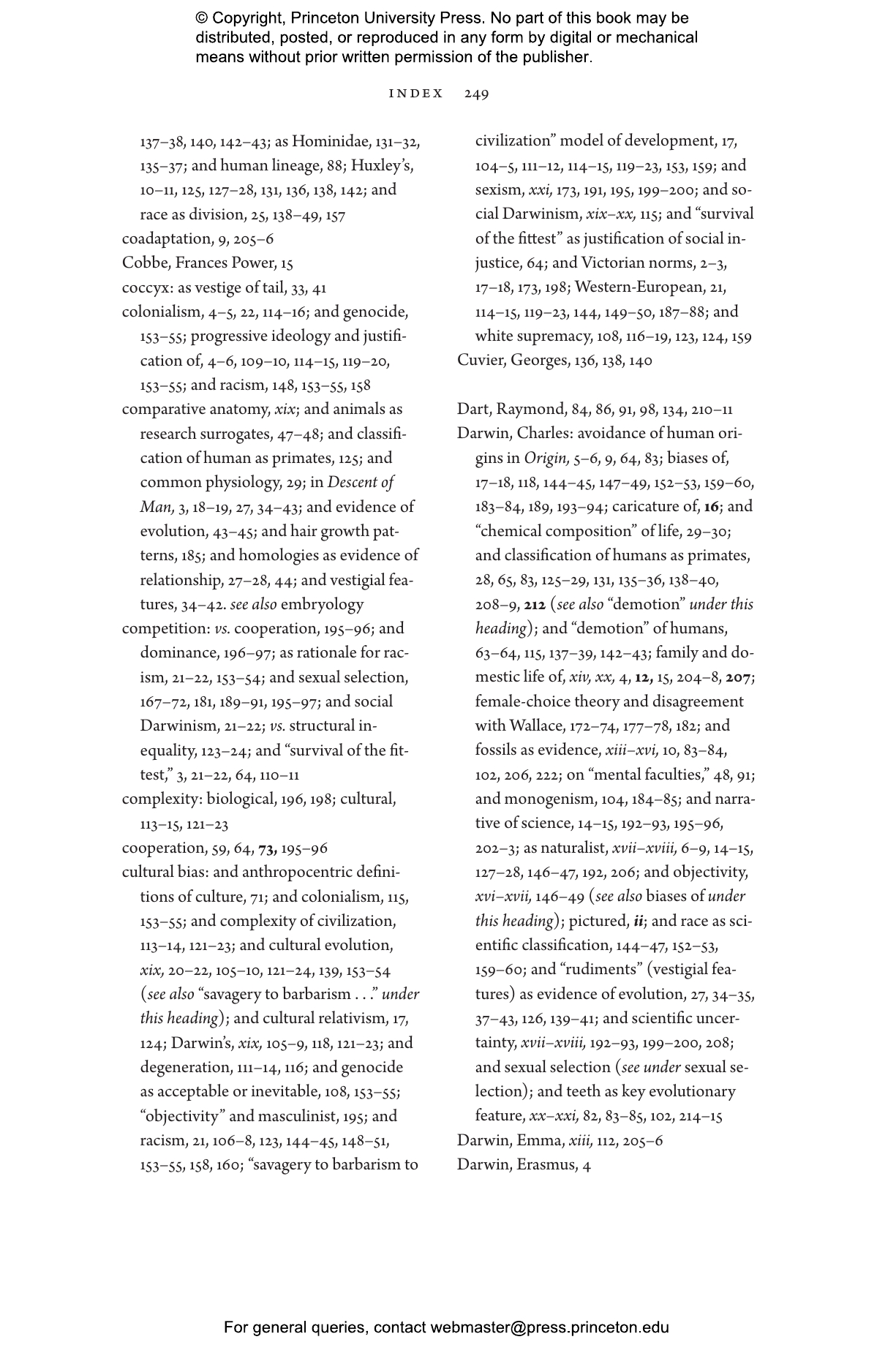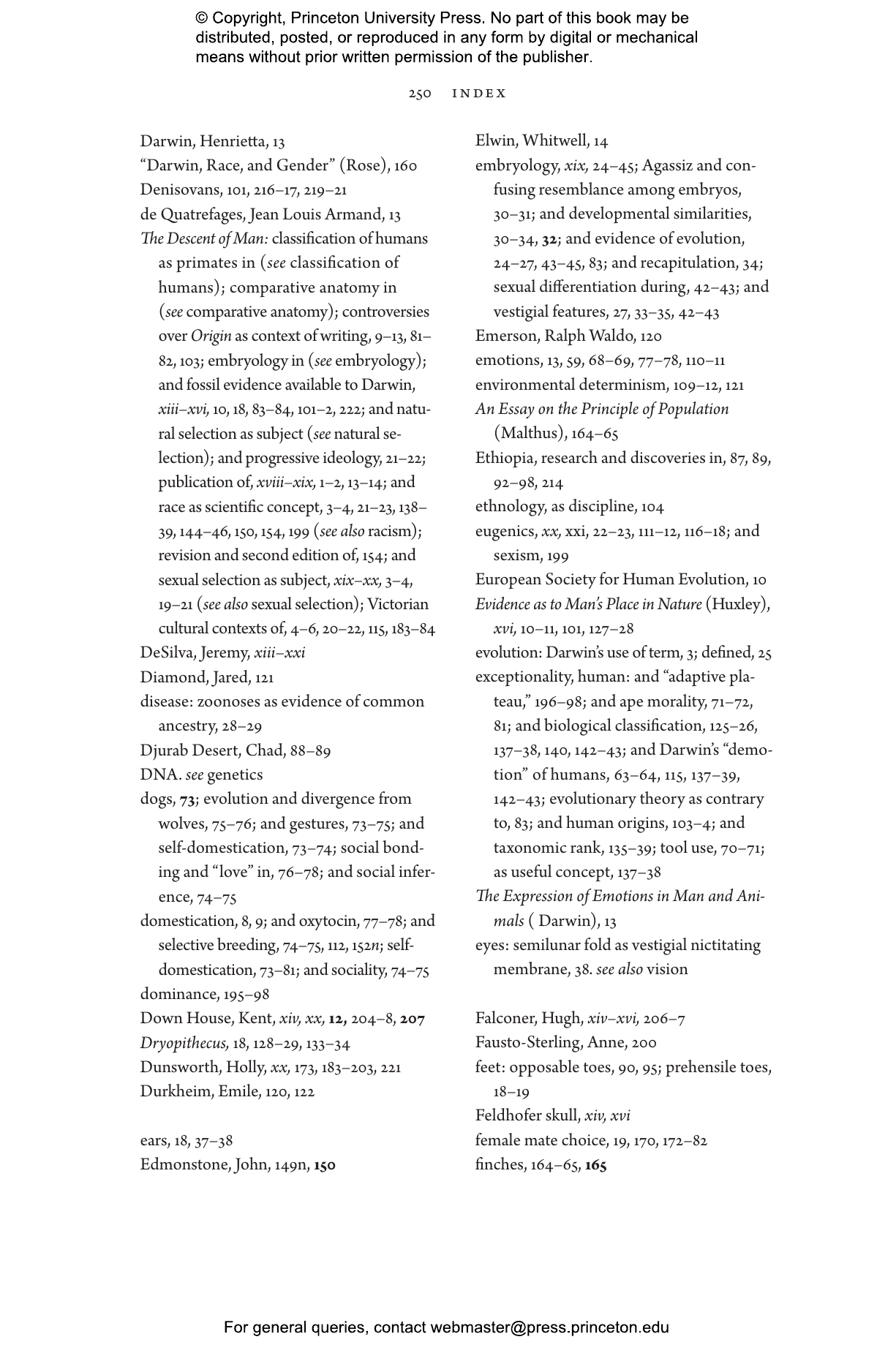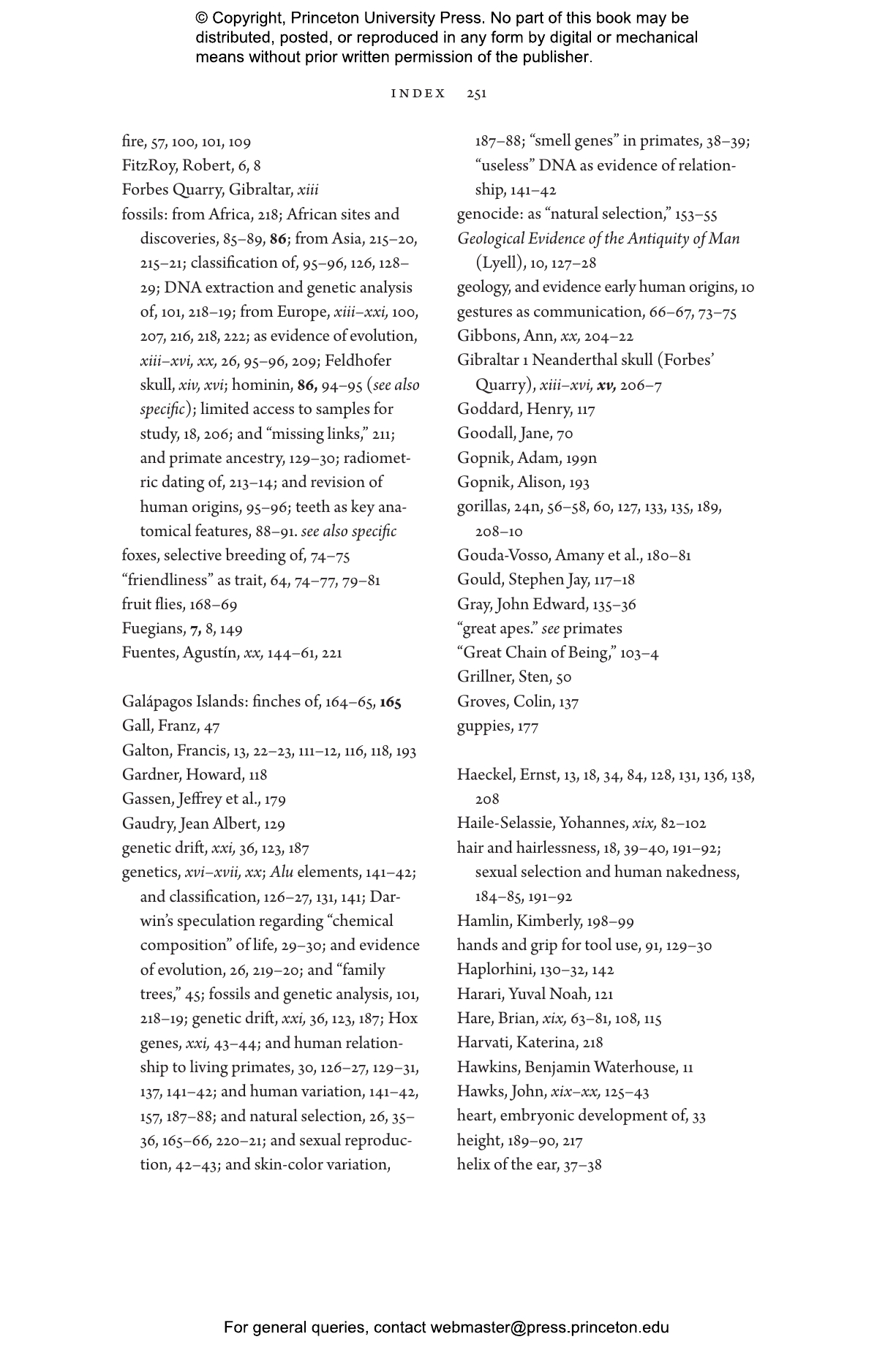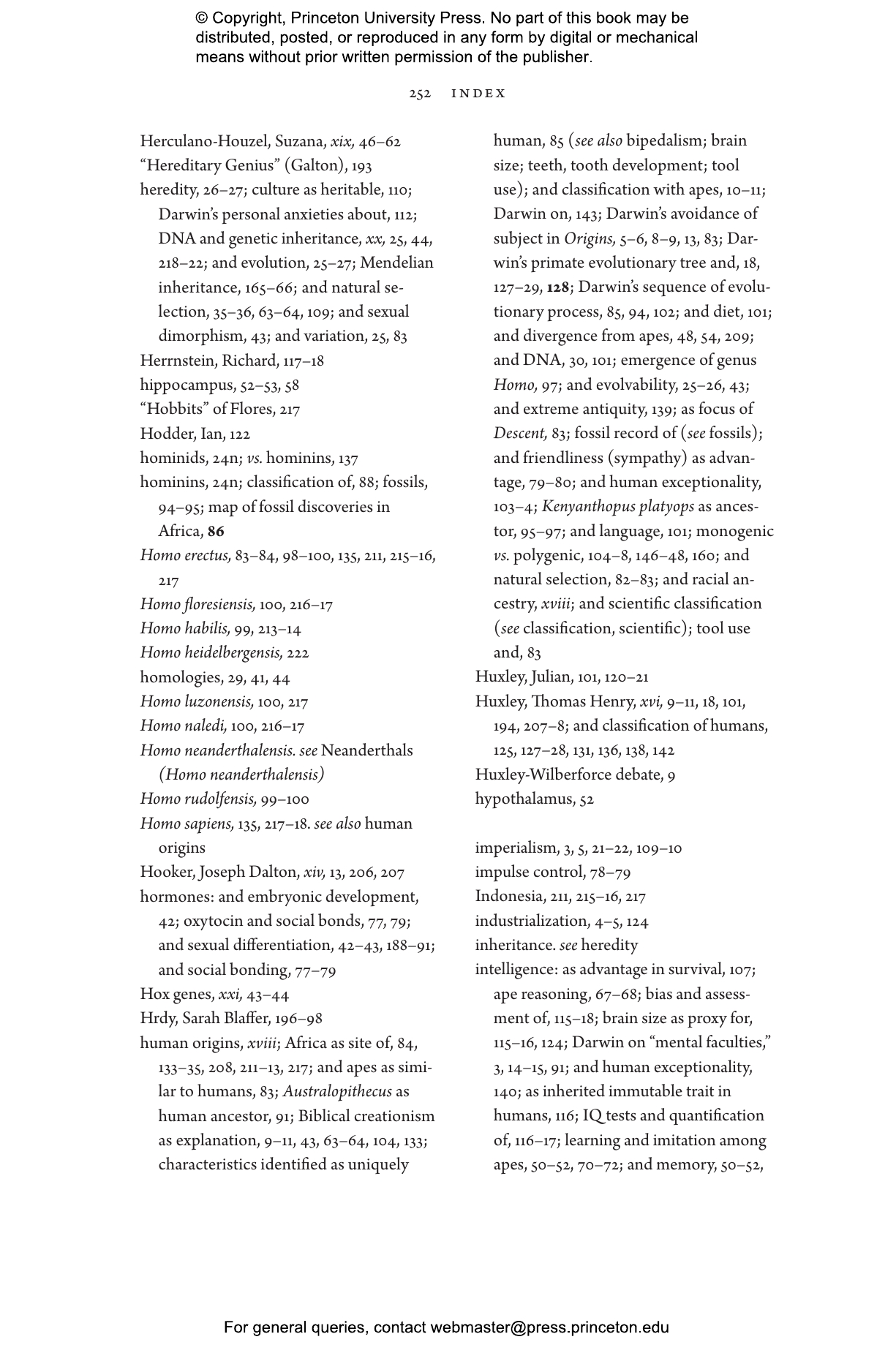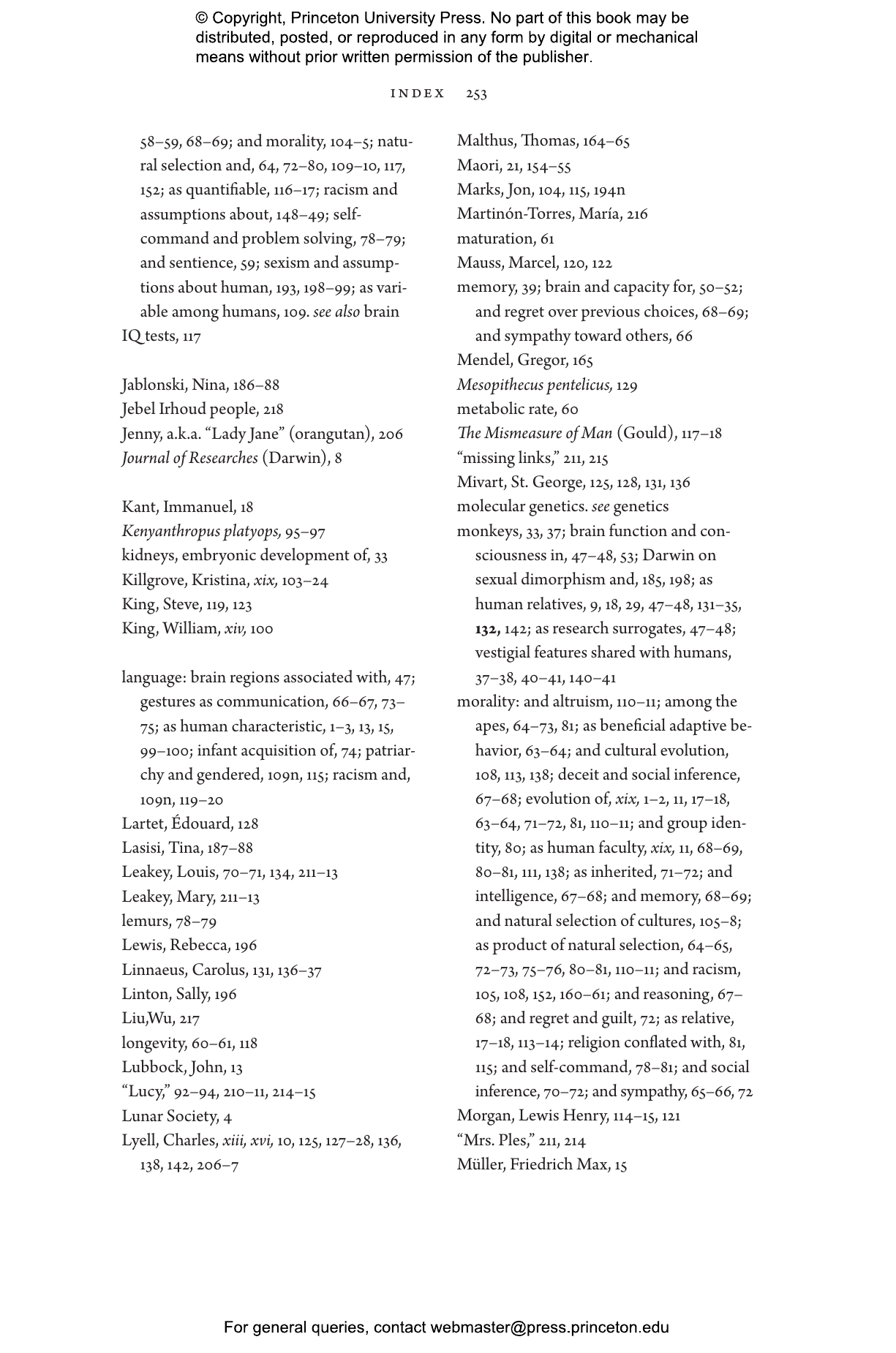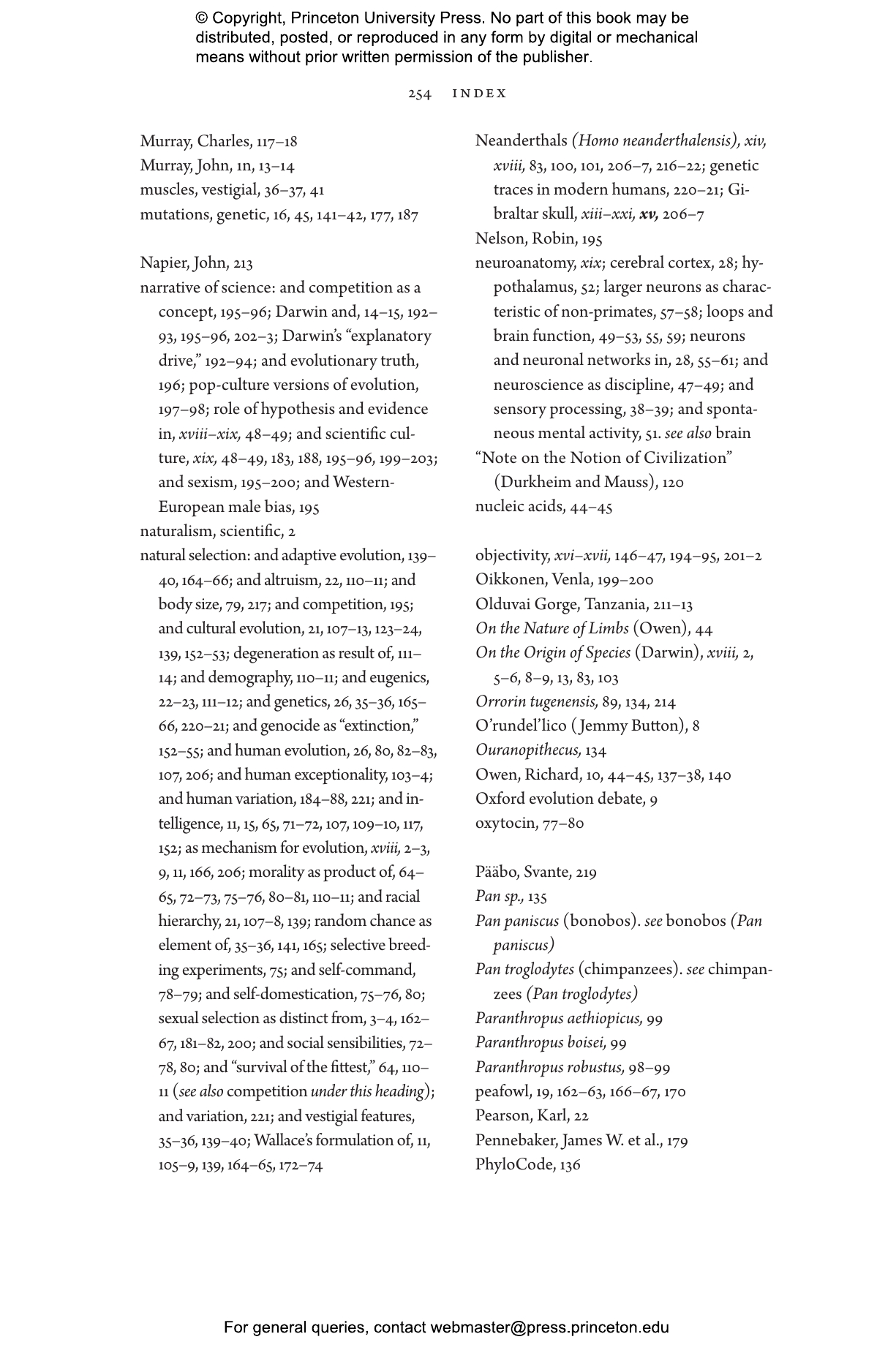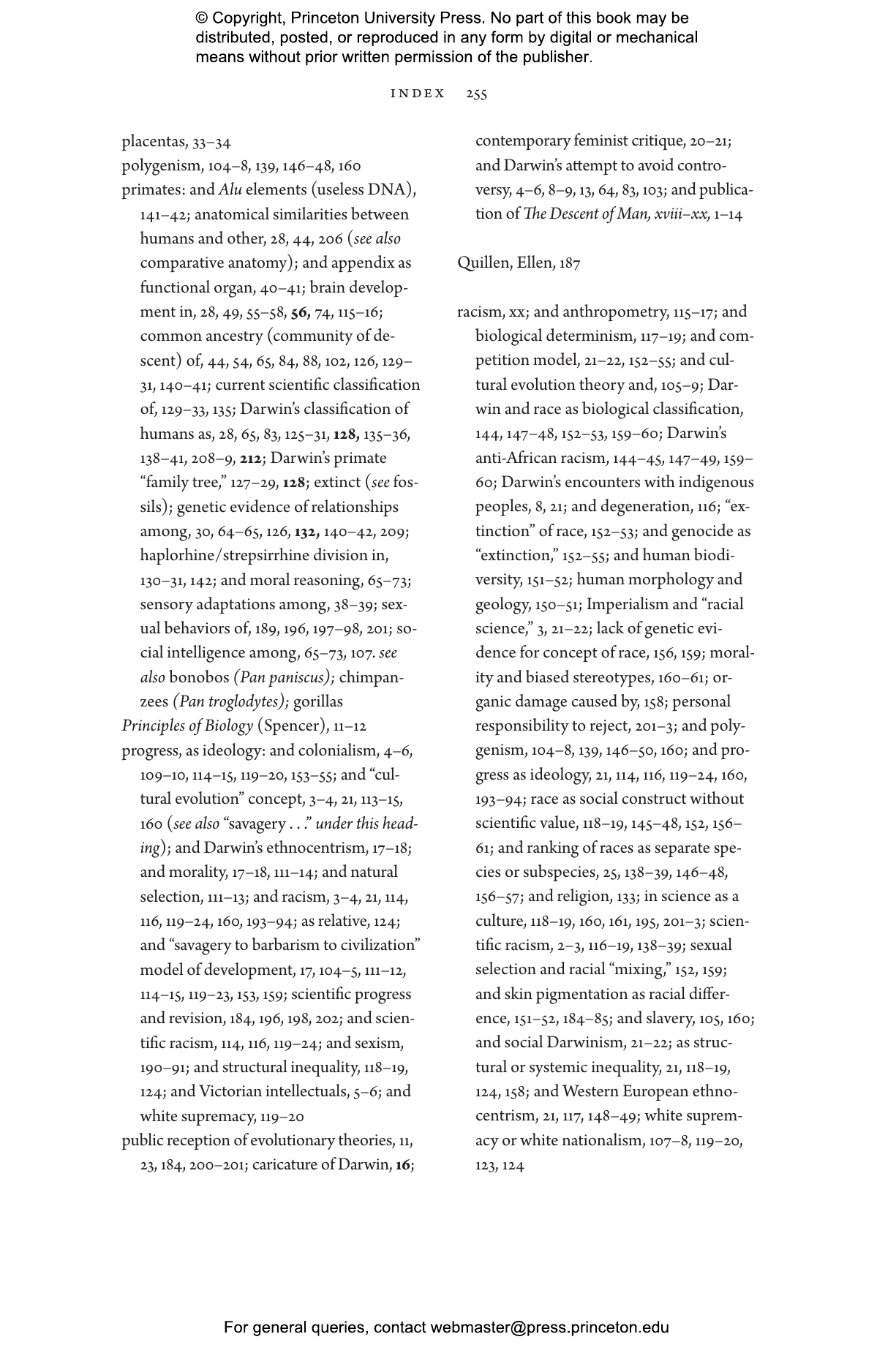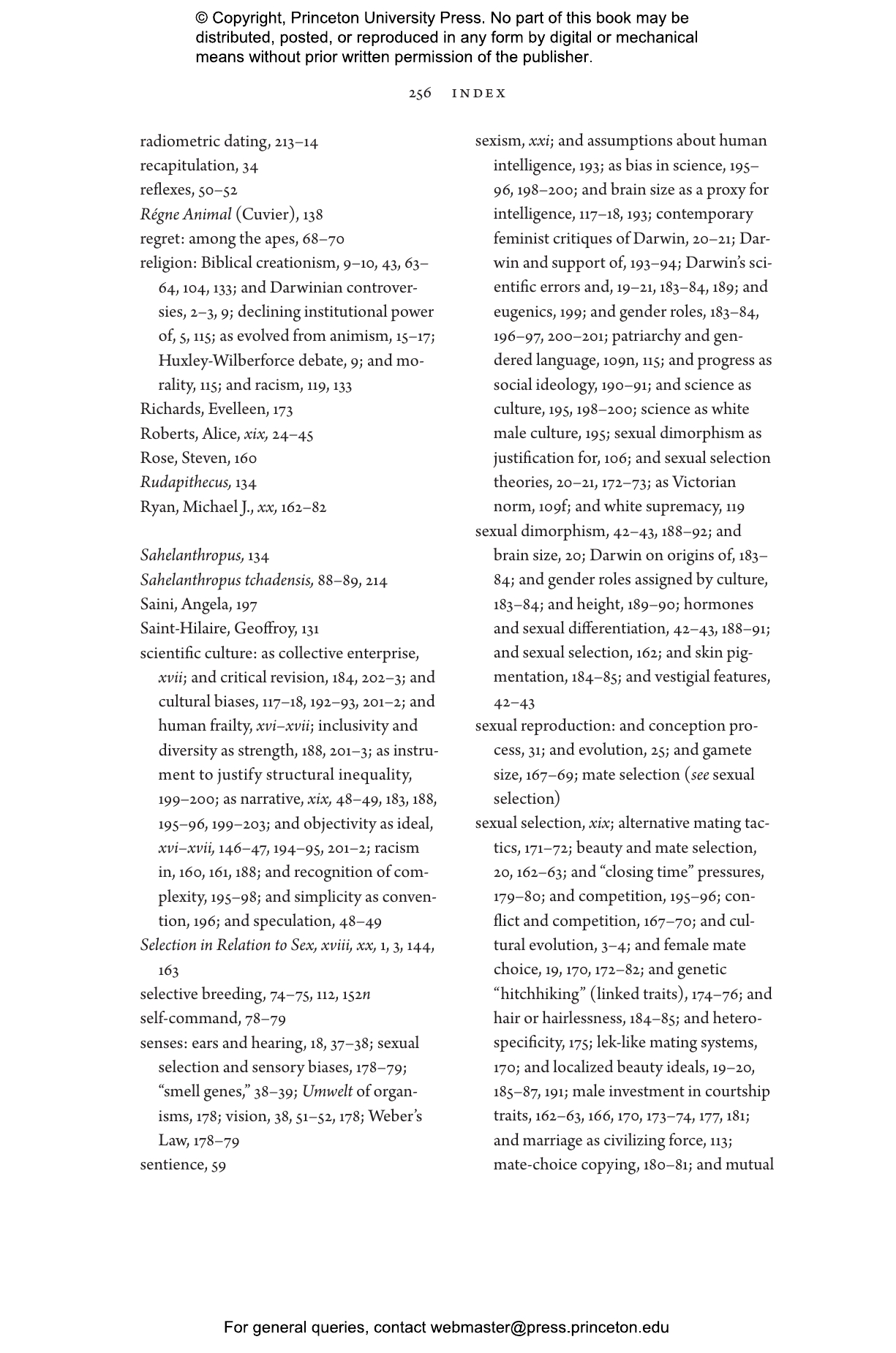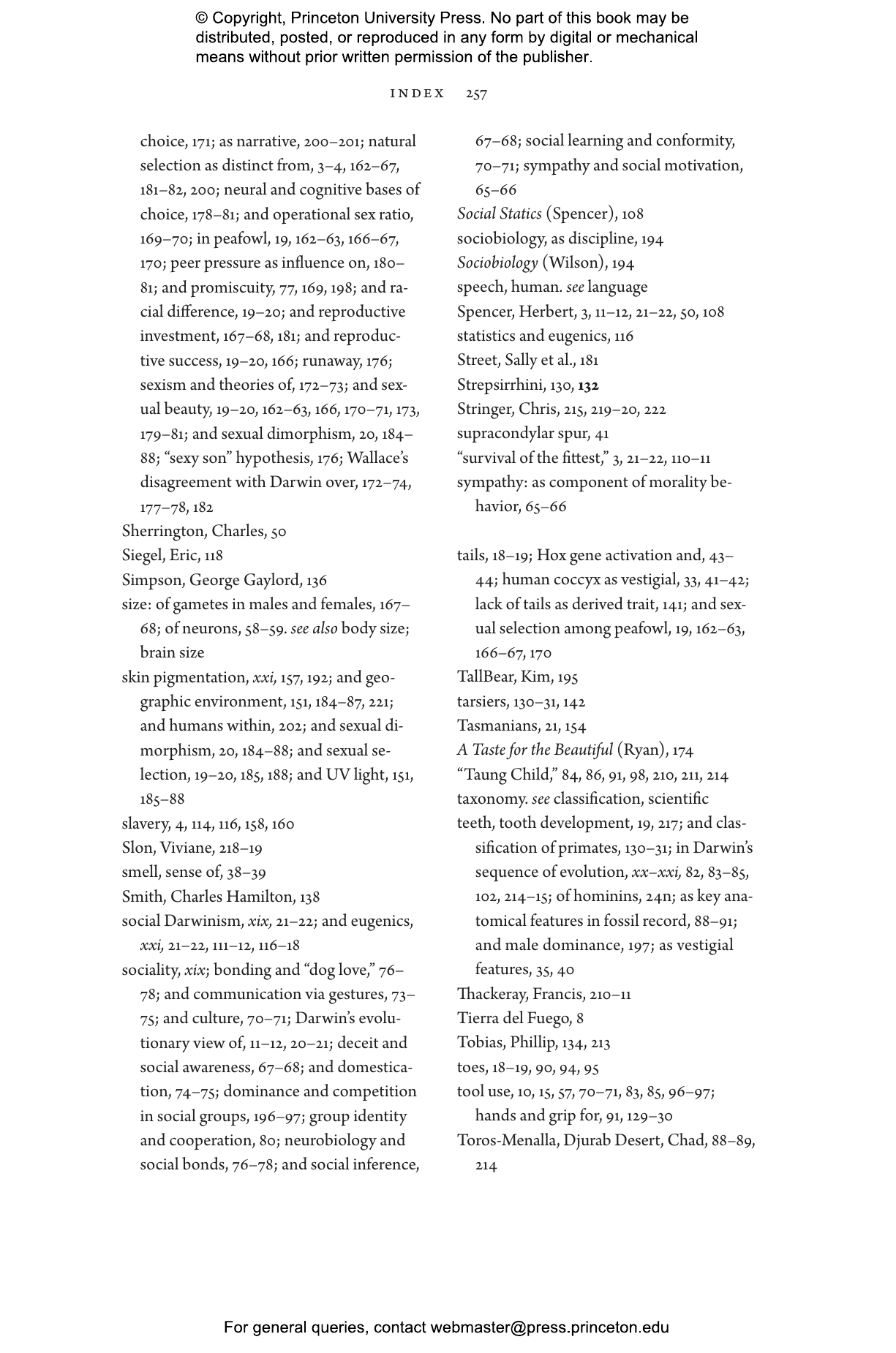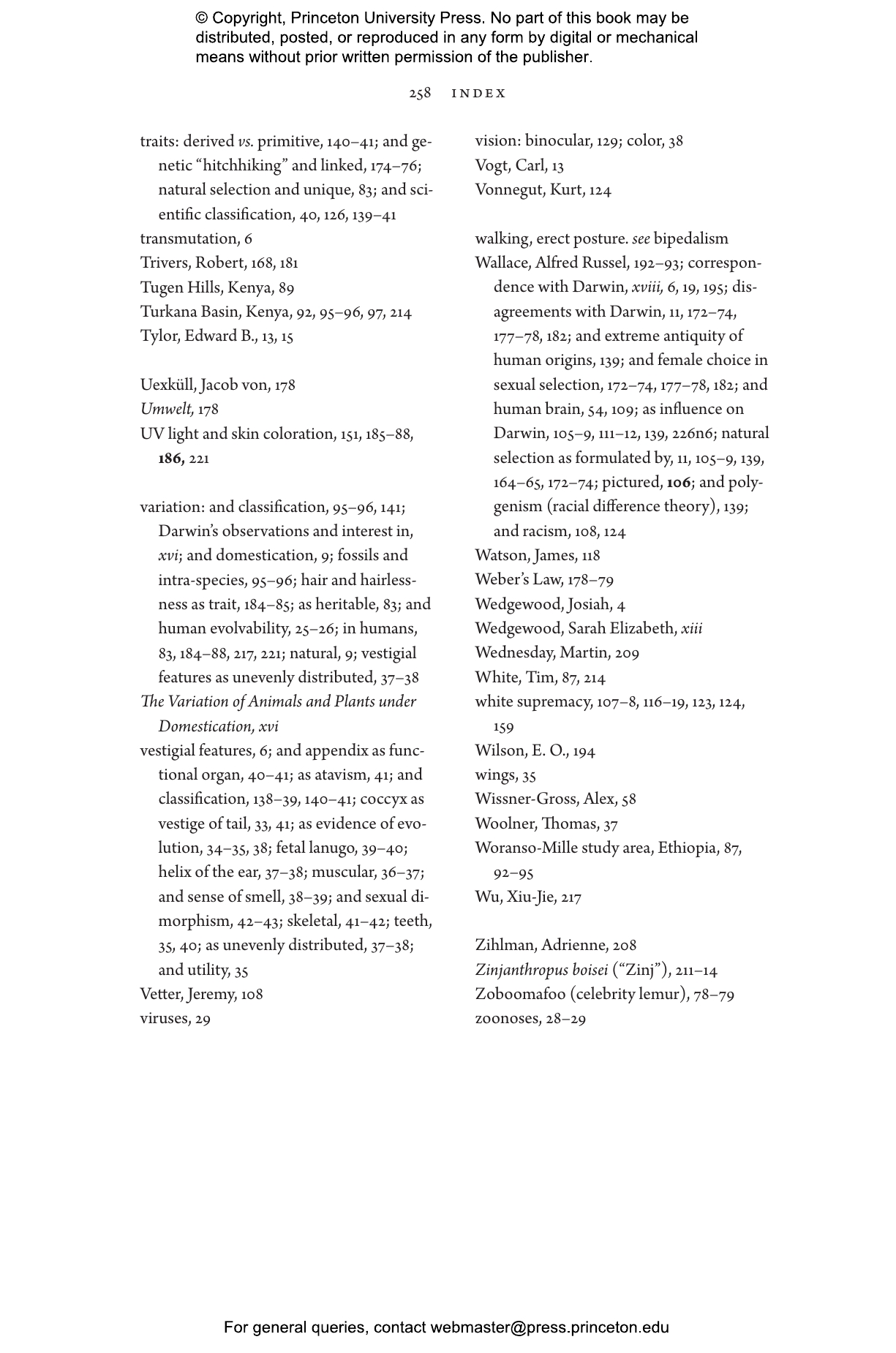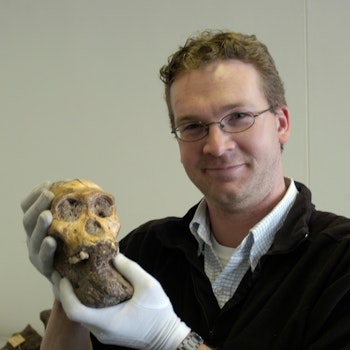In 1871, Charles Darwin published The Descent of Man, a companion to Origin of Species in which he attempted to explain human evolution, a topic he called “the highest and most interesting problem for the naturalist.” A Most Interesting Problem brings together twelve world-class scholars and science communicators to investigate what Darwin got right—and what he got wrong—about the origin, history, and biological variation of humans.
Edited by Jeremy DeSilva and with an introduction by acclaimed Darwin biographer Janet Browne, A Most Interesting Problem draws on the latest discoveries in fields such as genetics, paleontology, bioarchaeology, anthropology, and primatology. This compelling and accessible book tackles the very subjects Darwin explores in Descent, including the evidence for human evolution, our place in the family tree, the origins of civilization, human races, and sex differences.
A Most Interesting Problem is a testament to how scientific ideas are tested and how evidence helps to structure our narratives about human origins, showing how some of Darwin’s ideas have withstood more than a century of scrutiny while others have not.
A Most Interesting Problem features contributions by Janet Browne, Jeremy DeSilva, Holly Dunsworth, Agustín Fuentes, Ann Gibbons, Yohannes Haile-Selassie, Brian Hare, John Hawks, Suzana Herculano-Houzel, Kristina Killgrove, Alice Roberts, and Michael J. Ryan.
"DeSilva's volume provides a welcome opportunity to reflect on the history of evolutionary theory as a legacy complicated by Darwin's prescience as well as prejudice."—Erika Lorraine Milam, Science
"Together with ten colleagues, DeSilva courageously takes up this perennially red-hot founding text of his discipline."—Jessica Riskin, New York Review of Books
"A fascinating, comprehensive, and accessible collection of essays. . . . A Most Interesting Problem gives credit to Darwin where credit is due, but is unabashed in its systematic rejection of outdated science."—Lydia Pyne, JSTOR Daily
"In this ‘tribute to how science operates,’ 10 contributors revisit Descent on the 150th anniversary of its publication in a ‘quest for understanding the origin, biological variation, behavior, and evolution of humans.’ . . . Each of the contributors adds something valuable to the conversation."—Kirkus Reviews
"This important new collection of commentaries on what is perhaps the most challenging of Darwin's books in our own time, takes up the evidence for human evolution, our place in the family tree, the origins of civilization, of human races, and of sex differences in ways that are both meaningful as well as accessible to those both inside and outside of the scholarly world who are interested in reading and wrestling with this important and core work of Charles Darwin for themselves."—Johannes E. Riutta, The Well-Read Naturalist
"[A] unique presentation of the many scientific ideas and hypotheses of Darwin’s “Descent of Man”. [A Most Interesting Problem] is a very interesting book about how sometimes scientific beliefs that have existed for decades can easily be debunked using modern technology."—Molly Gabler-Smith, Integrative and Comparative Biology
"This is an especially important and timely project because Darwin’s volume is chock-full of creative, thought-provoking arguments and speculations about human evolution that span an extremely wide range of subjects, and after 150 years, many of these are overdue for a fresh reconsideration."—Jason Winning, Quarterly Review of Biology
"This summary of Darwin's contributions to understanding human evolution should interest not only biologists and anthropologists but all concerned about the fate of the human species."—J. S. Schwartz, CHOICE
"A Most Interesting Problem is a fantastic run-down of today’s understanding of human evolution and a great showcase of the scientific process."—Tibi Puiu, ZME Science
"Fascinating reading about the development of science, and the cultural blindspots than can misdirect even the most brilliant scientists."—Ian Angus, Climate & Capitalism
"An excellent distillation of the 150-year history of the science and politics of this field."—Rob Barton, Journal of the Royal Anthropological Institute
"A wonderful tribute to Charles Darwin's Descent of Man, full of admiration for the great naturalist but also unflinchingly critical in assessing how his ideas have weathered the decades. A must-read for every Darwin fan."—Angela Saini, author of Superior: The Return of Race Science
"A Most Interesting Problem is fun, animated, insightful, and startlingly up to date. In one expertly written chapter after another, it shows where Darwin was mostly right, partly right, or where he completely lost the plot. This book is not only a great read, it is living, breathing science."—Nina G. Jablonski, author of Living Color: The Biological and Social Meaning of Skin Color
"Reading these remarkable chapter-by-chapter analyses of Darwin's insights as well as how the science has changed over 150 years is inspiring. DeSilva has chosen his contributors well, bringing together subject-matter experts as well as talented science communicators. I enjoyed this book very much."—Eugenie C. Scott, author of Evolution vs. Creationism
"A Most Interesting Problem brilliantly summarizes what Darwin got right and wrong about human evolution, confronts how his ideas have inspired but also sometimes misguided generations since, and points the way forward for the next generation of inquiry. This is an indispensable companion for anyone interested in why humans are the way they are and why that matters."—Daniel E. Lieberman, author of Exercised: Why Something We Never Evolved to Do Is Healthy and Rewarding
"A compelling take on Darwin's Descent. A Most Interesting Problem brings together a team of authoritative voices who offer modern perspectives on the spectacular diversity of topics and issues raised by Darwin's famous book."—James T. Costa, author of Darwin's Backyard: How Small Experiments Led to a Big Theory


